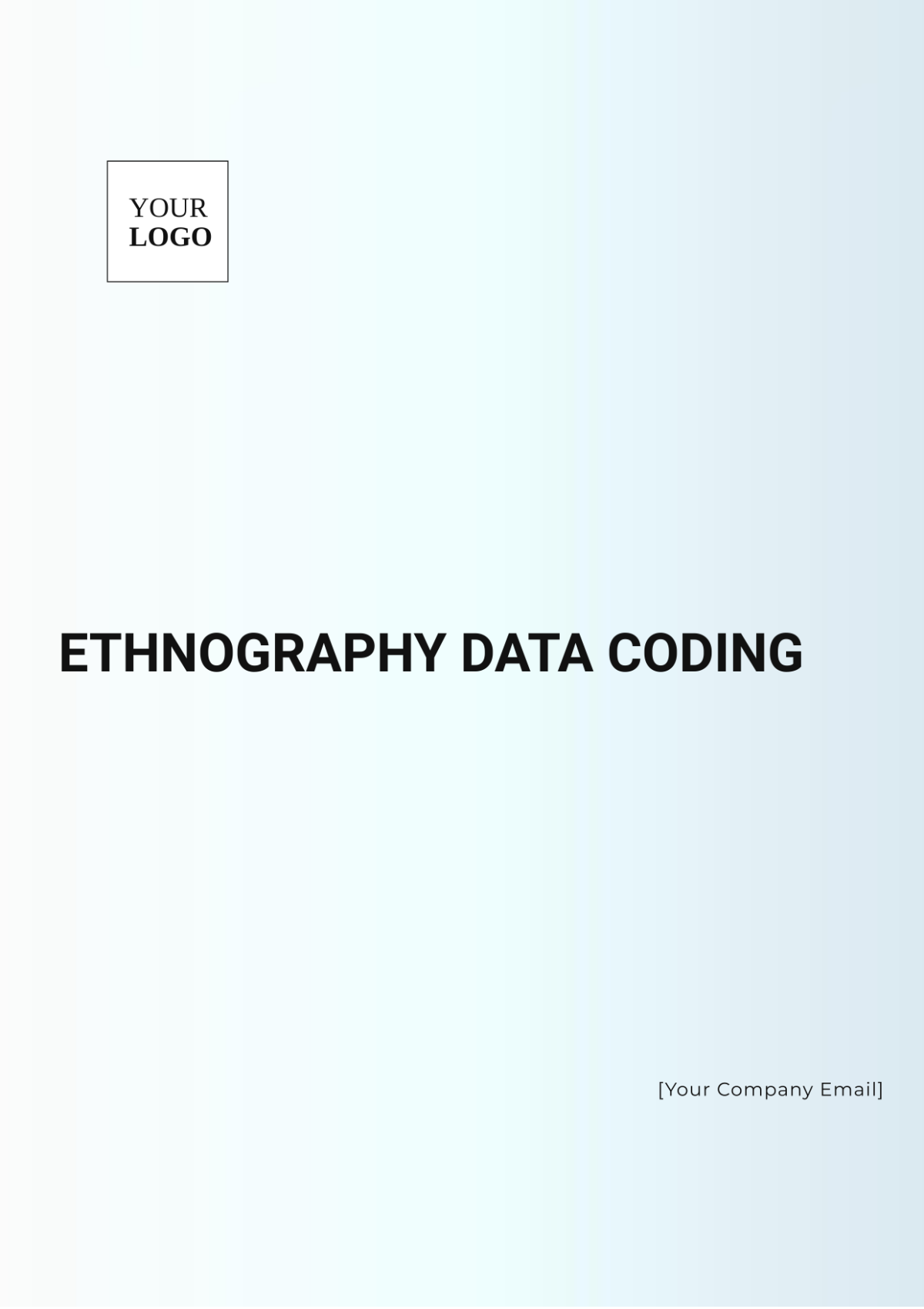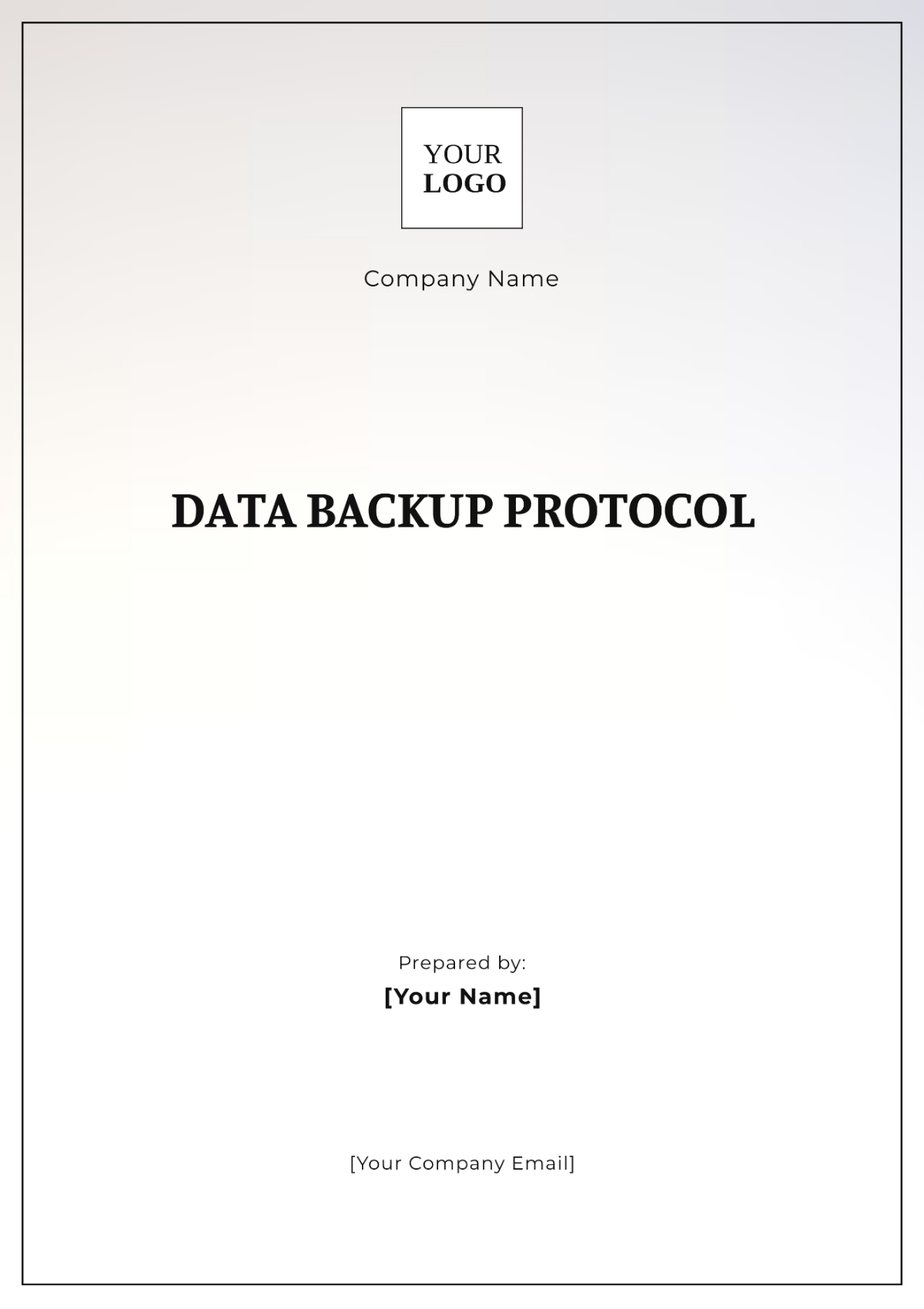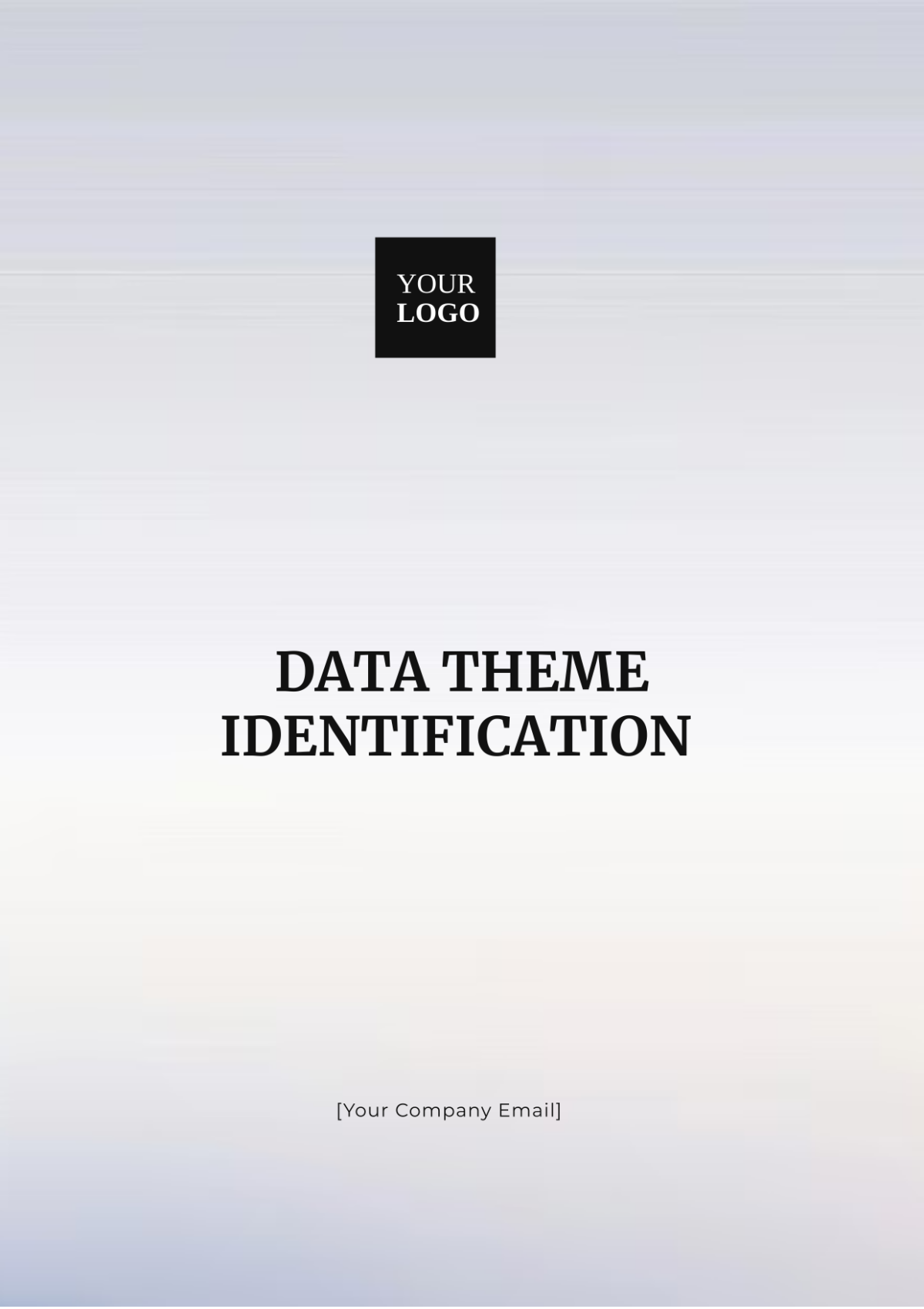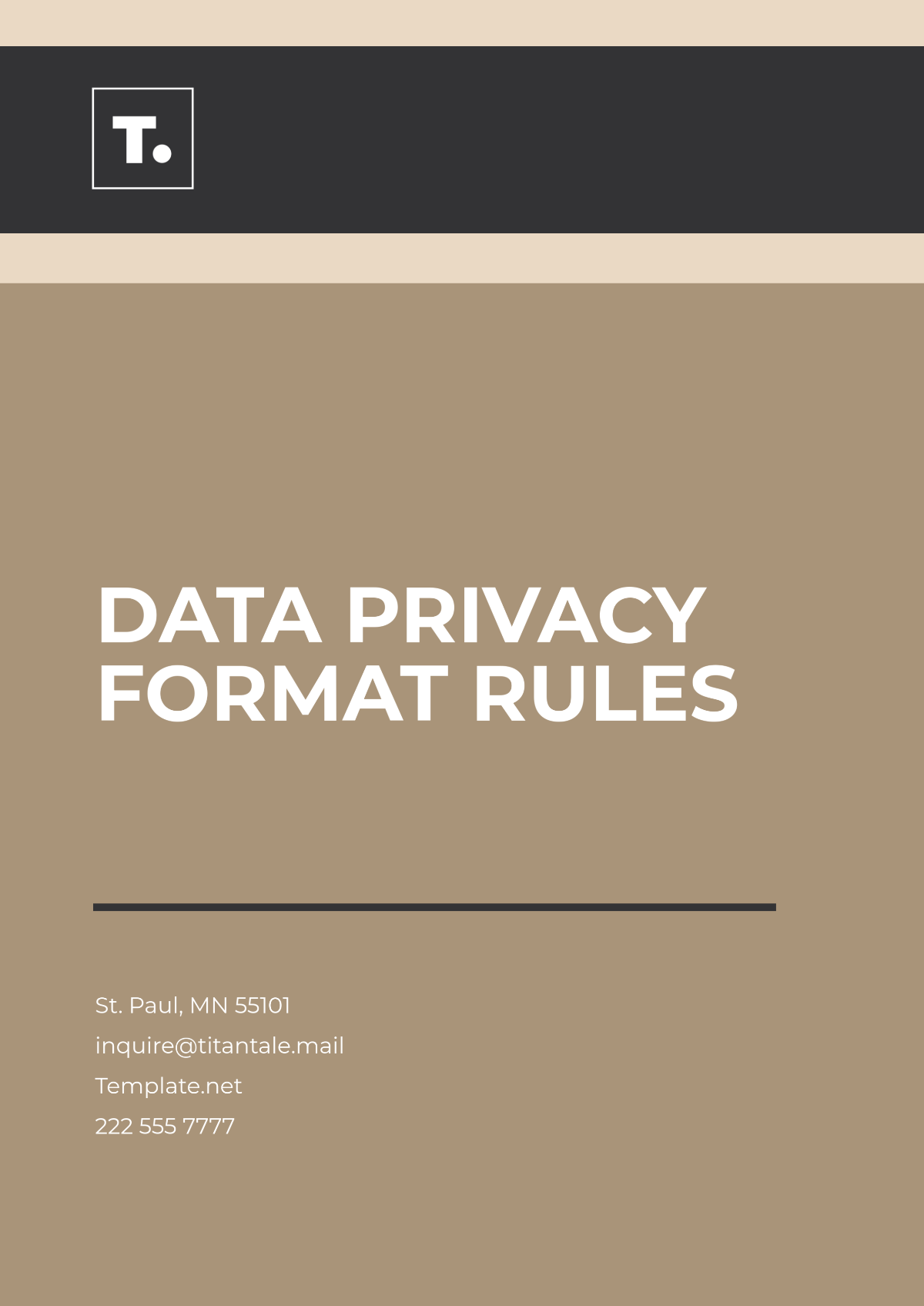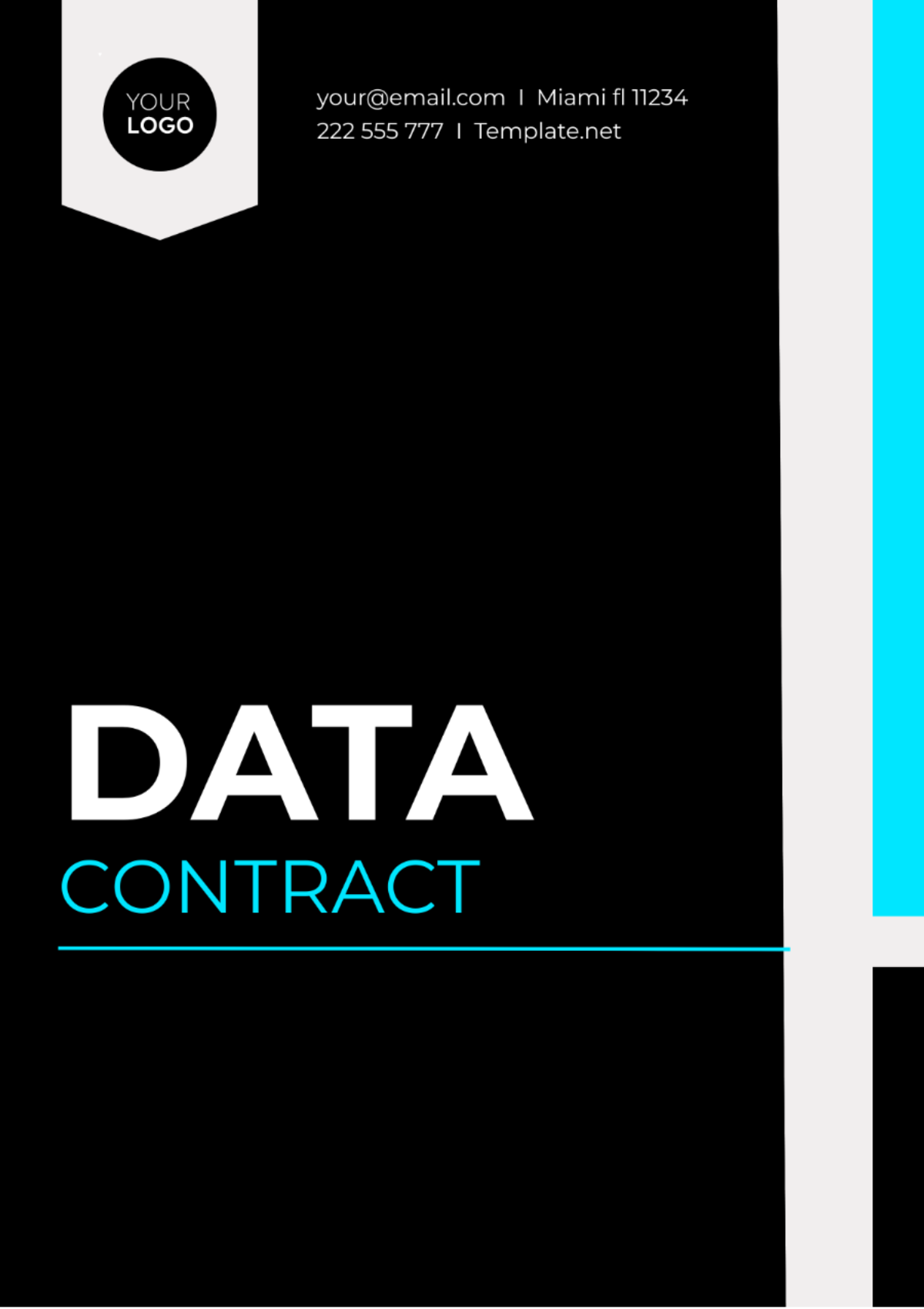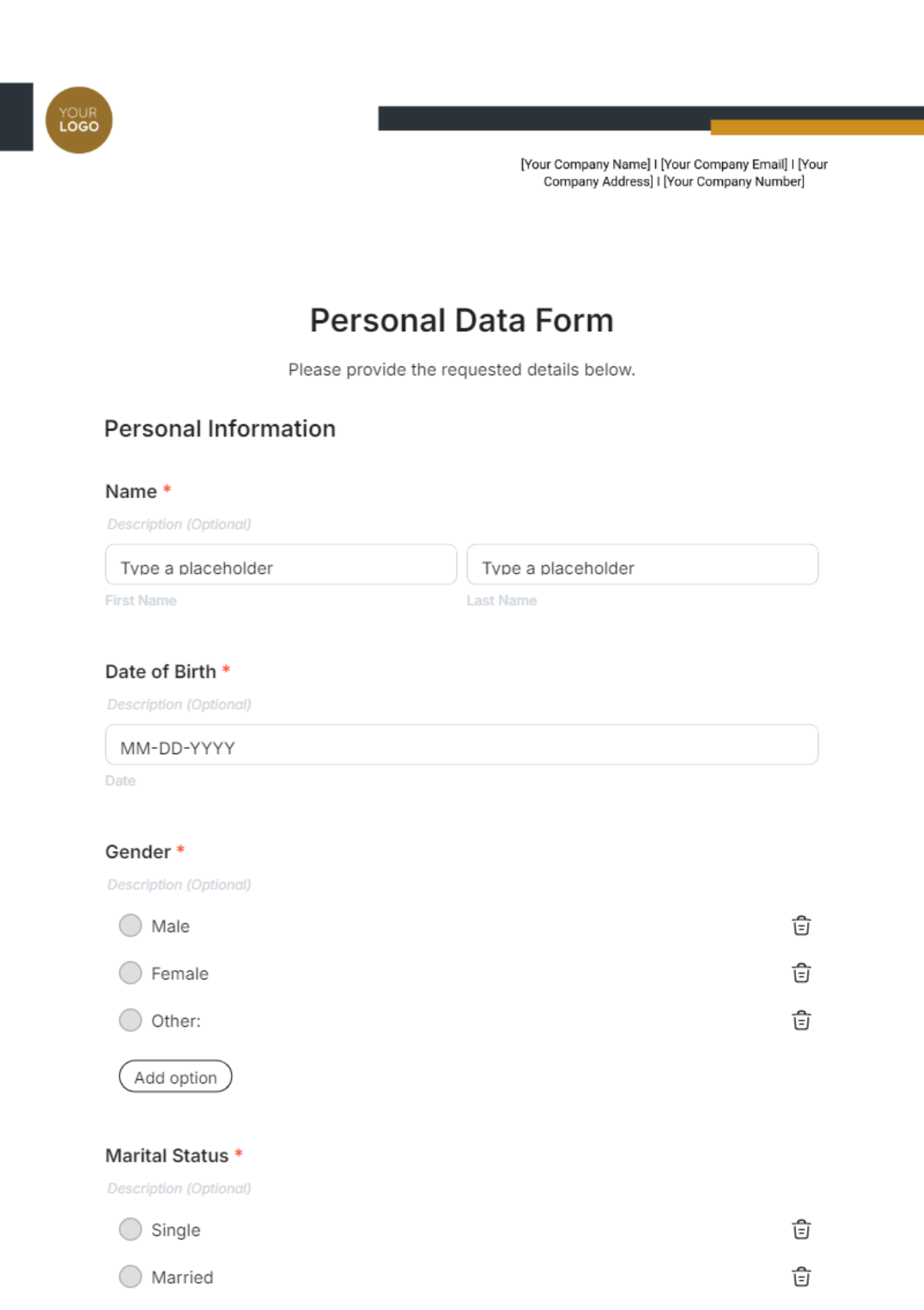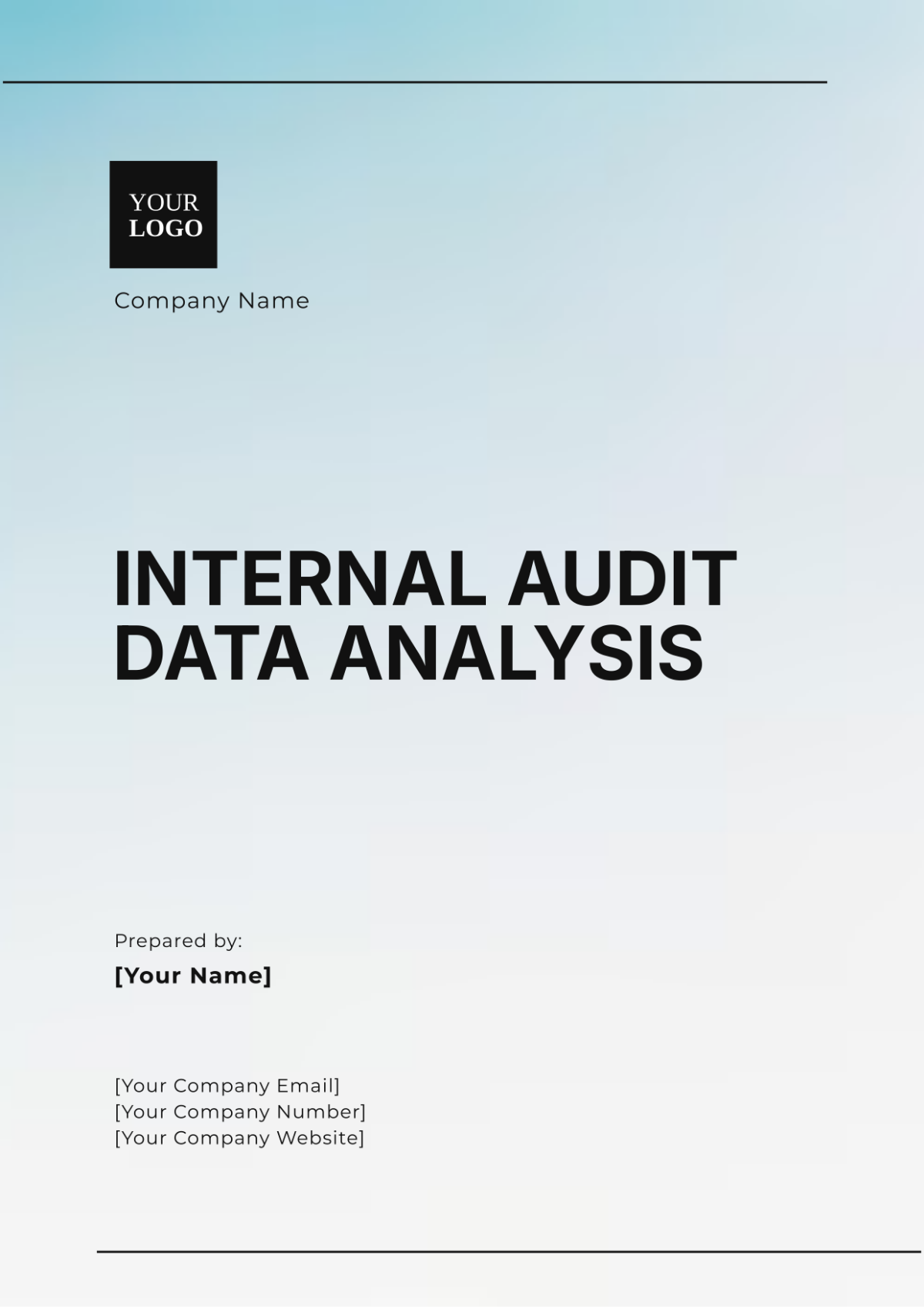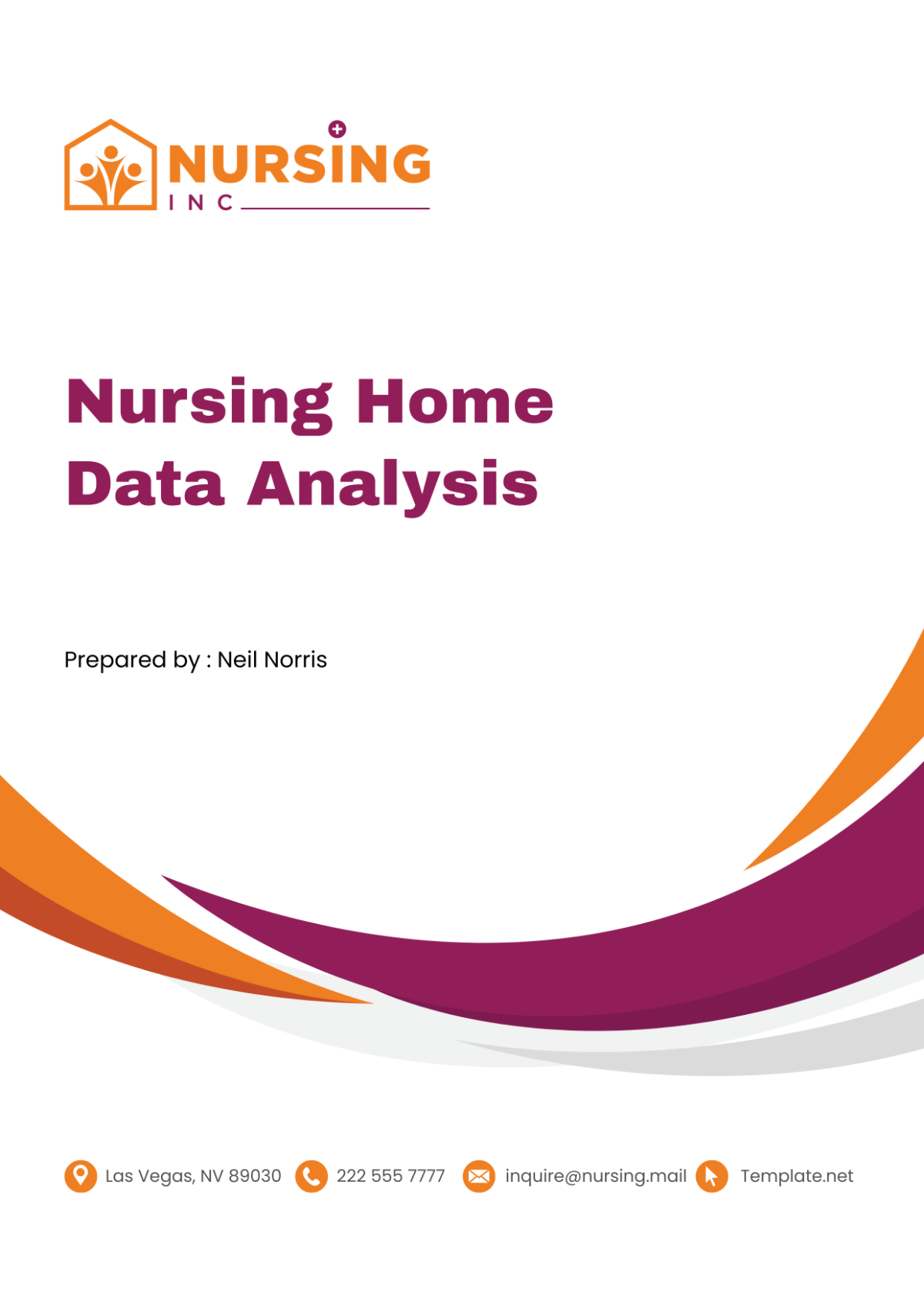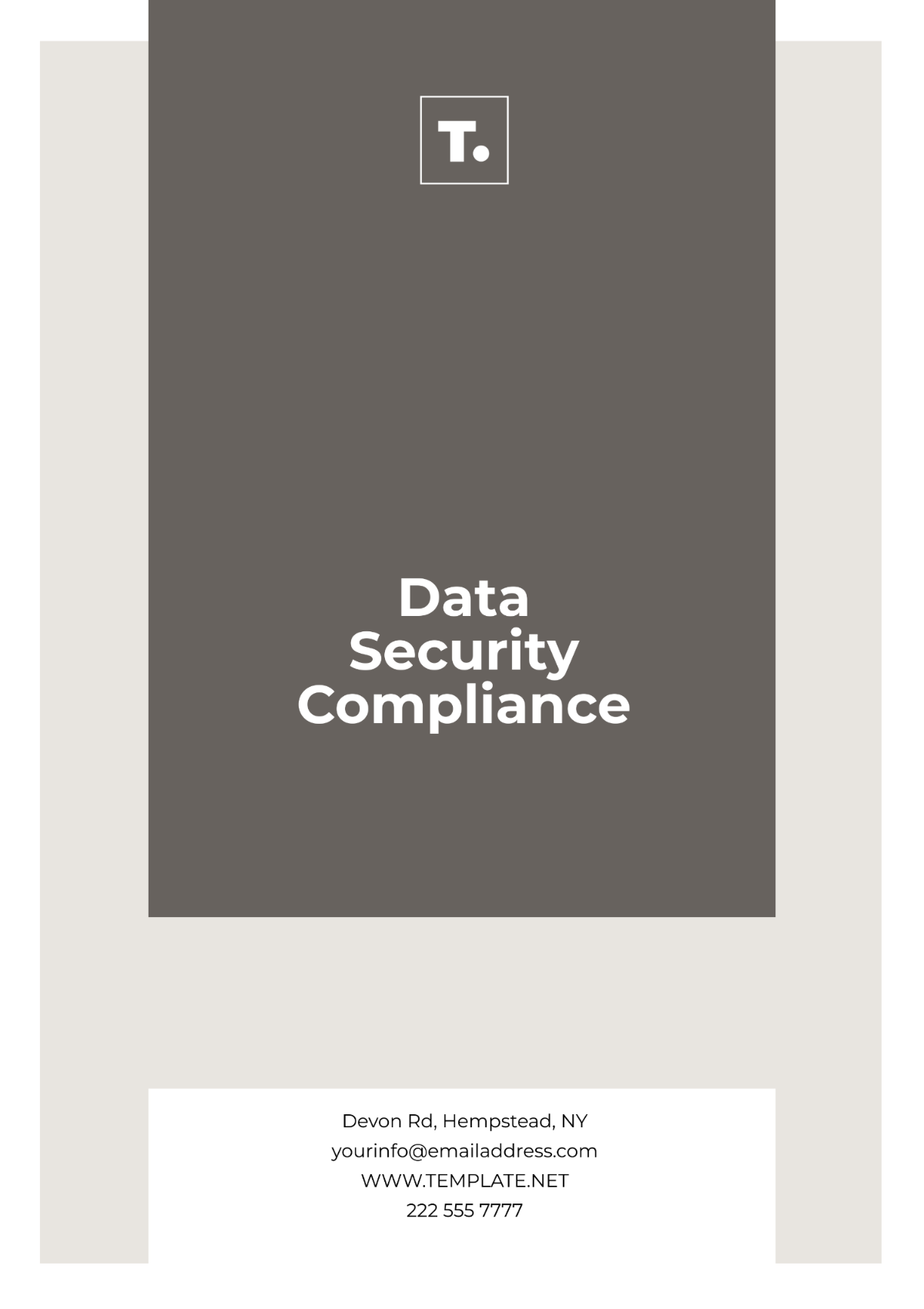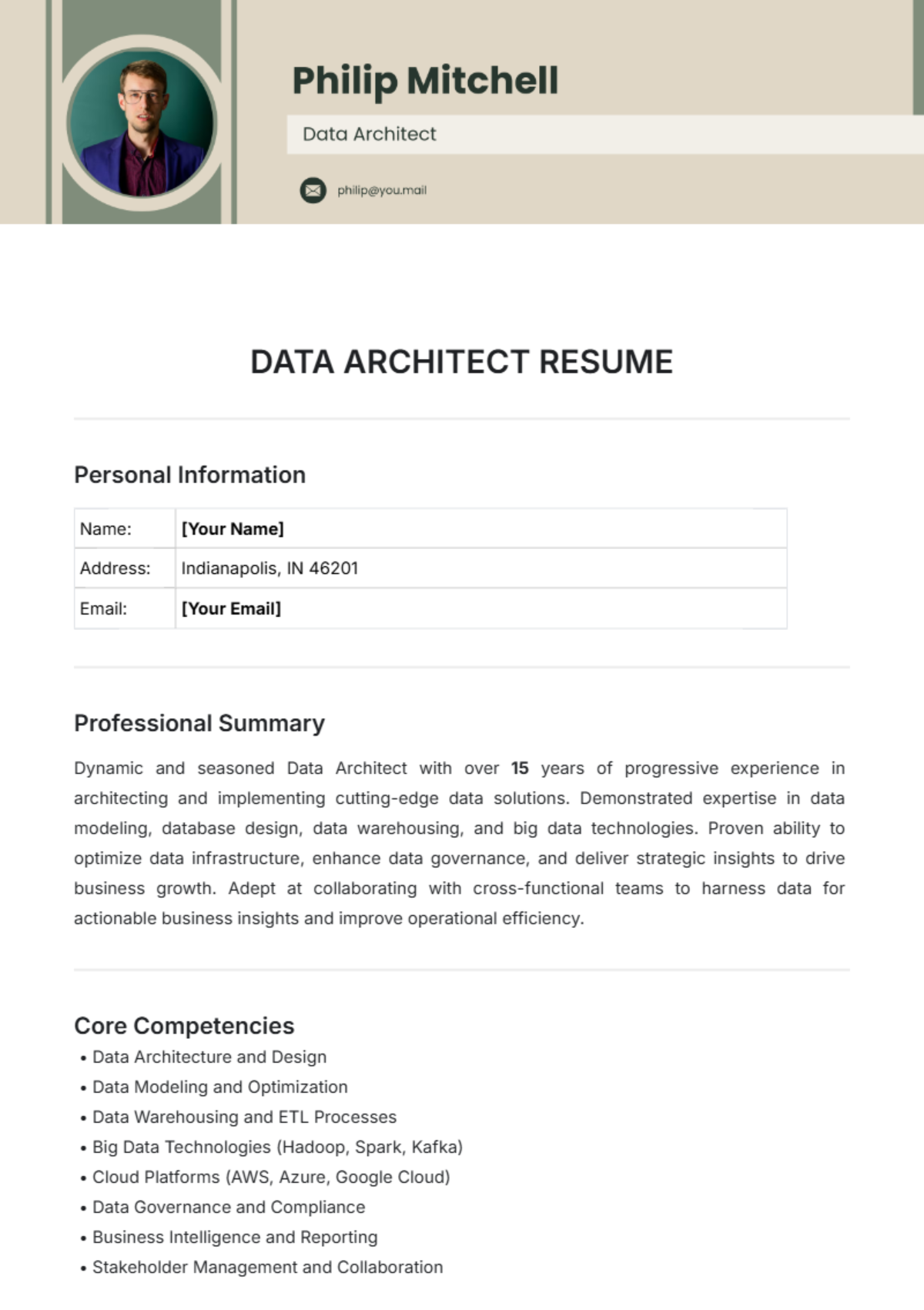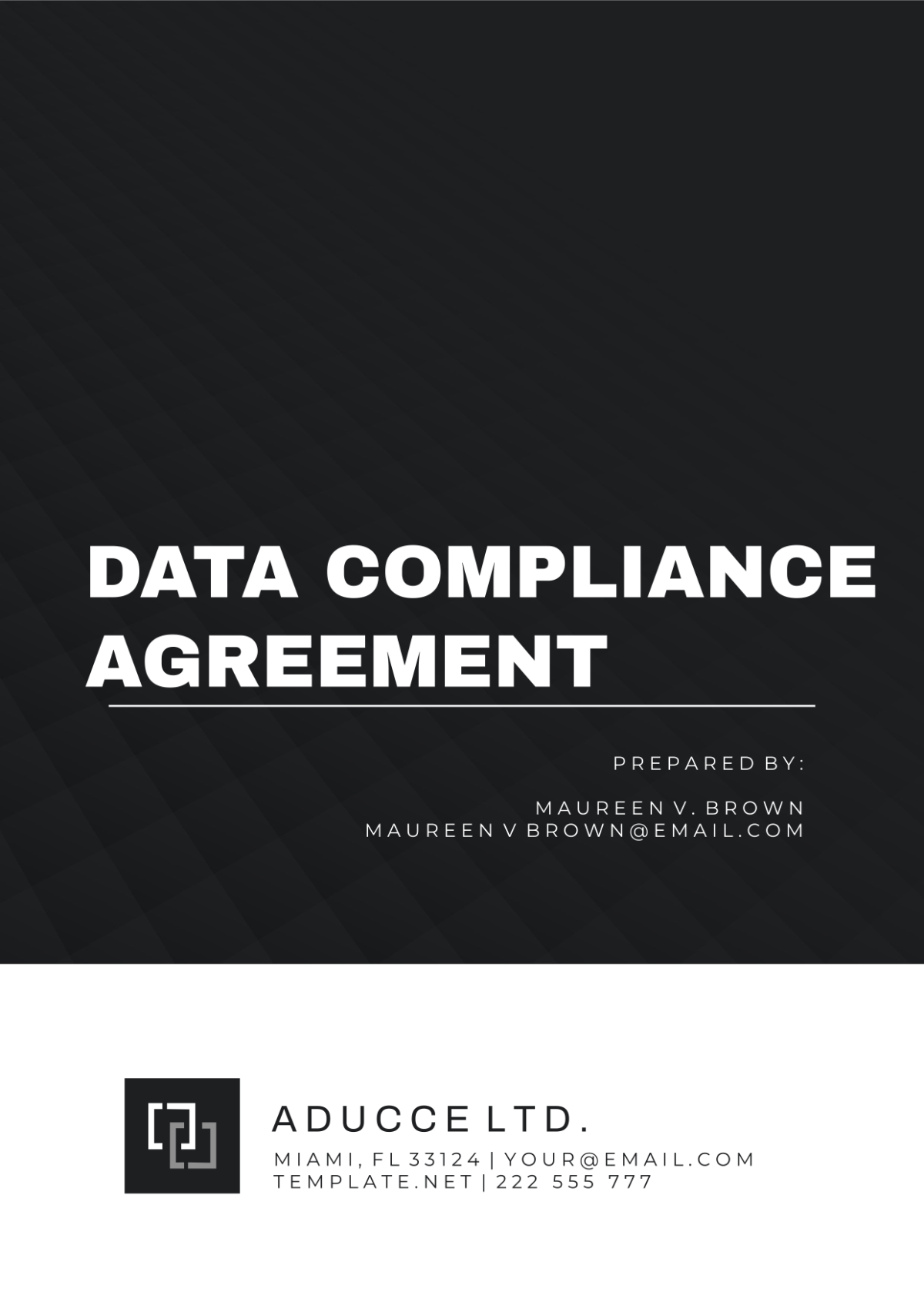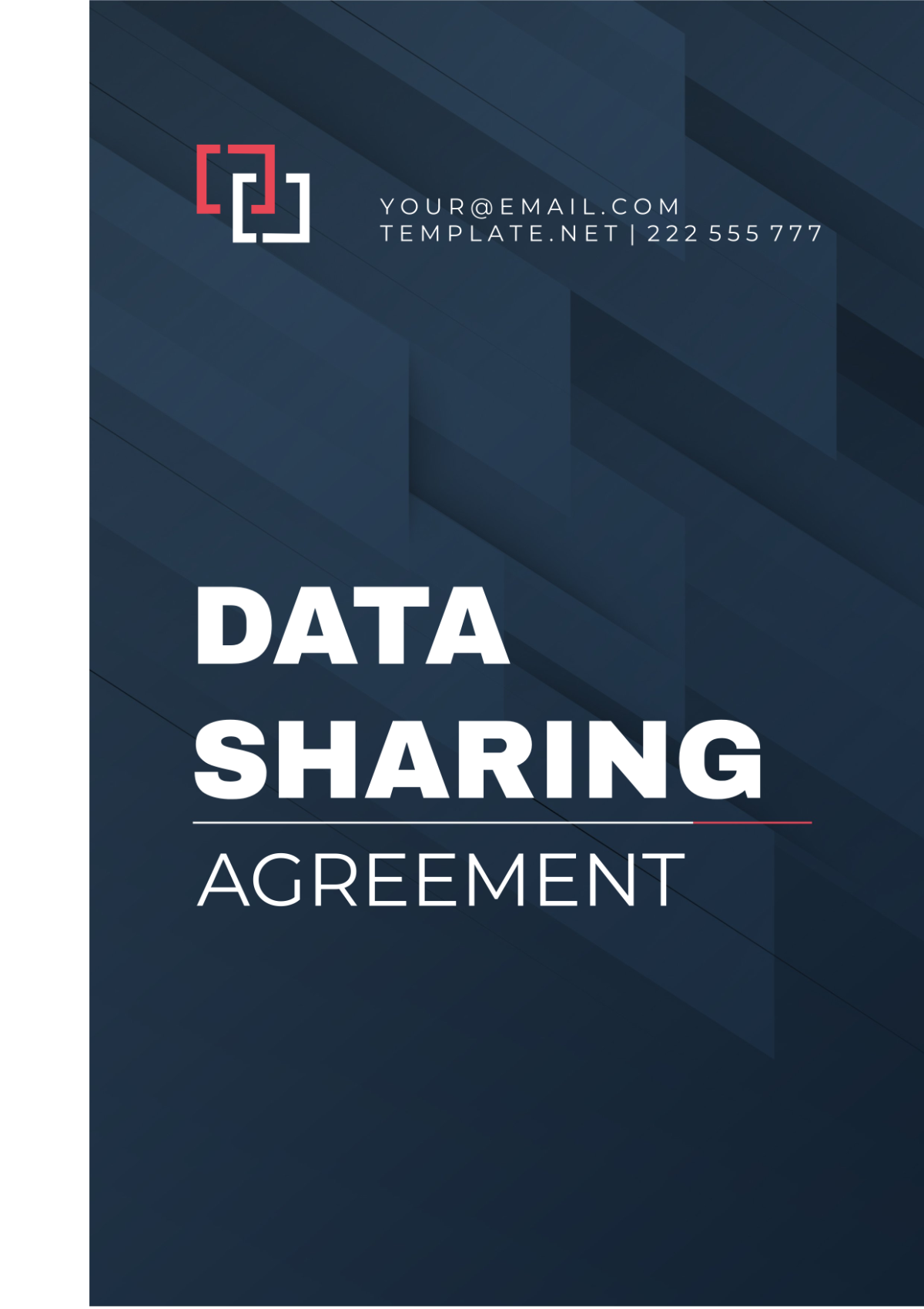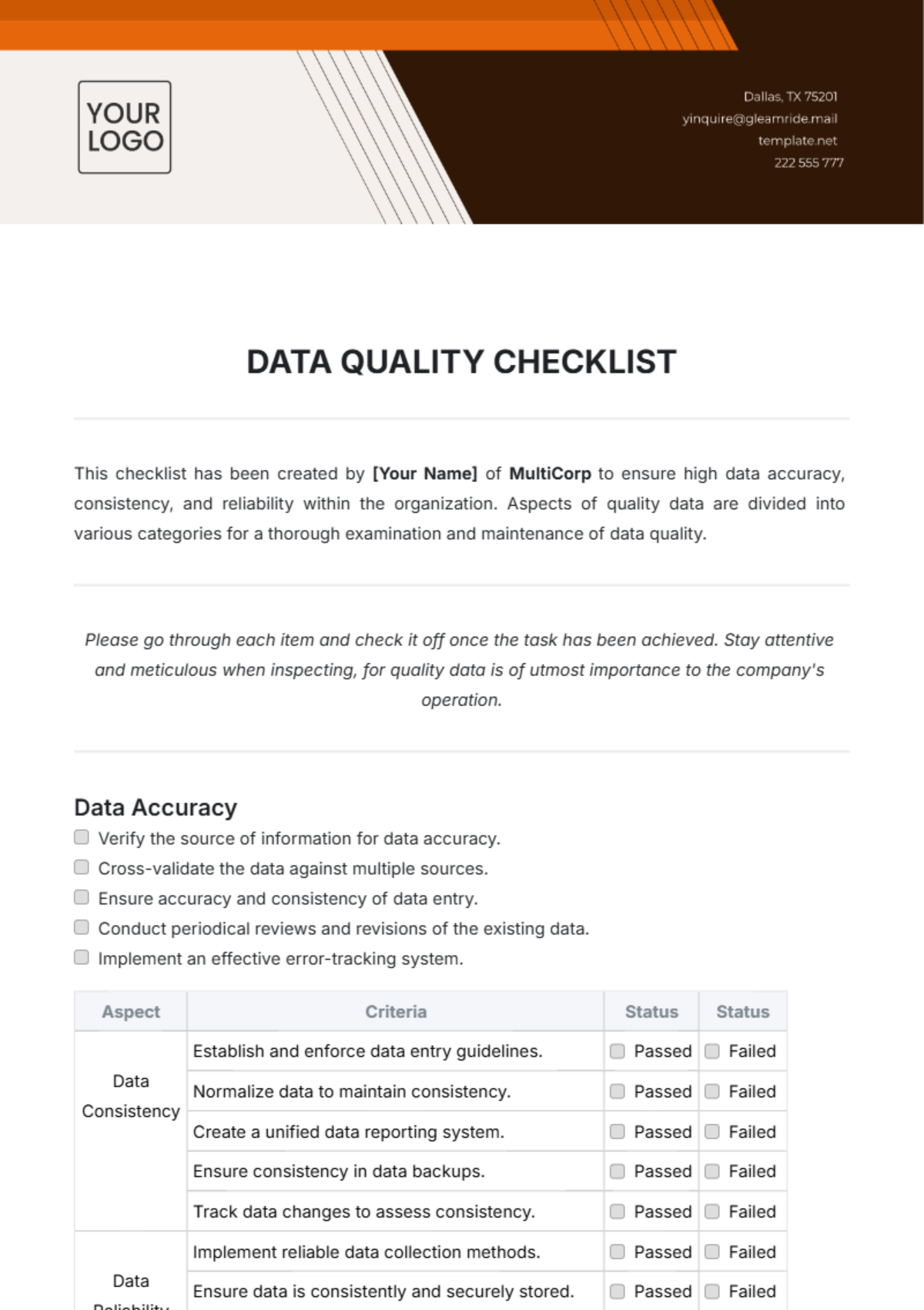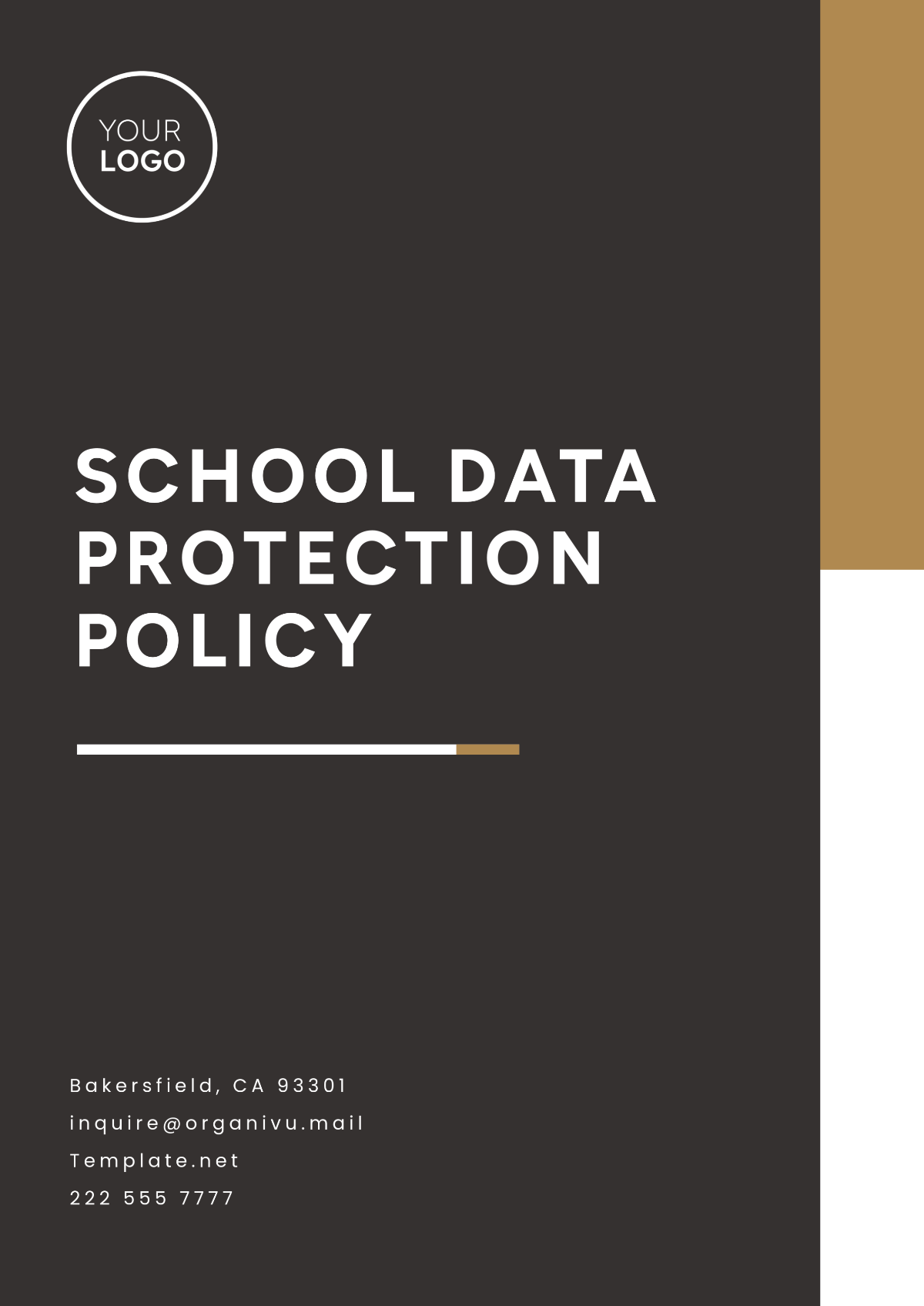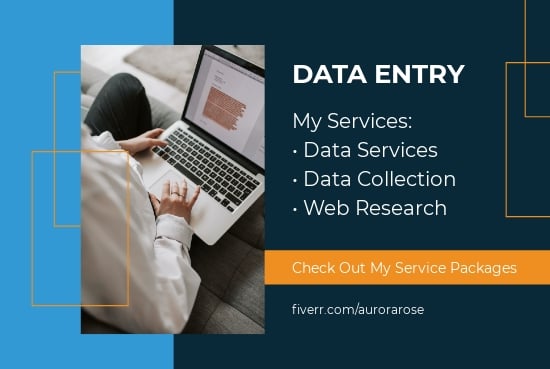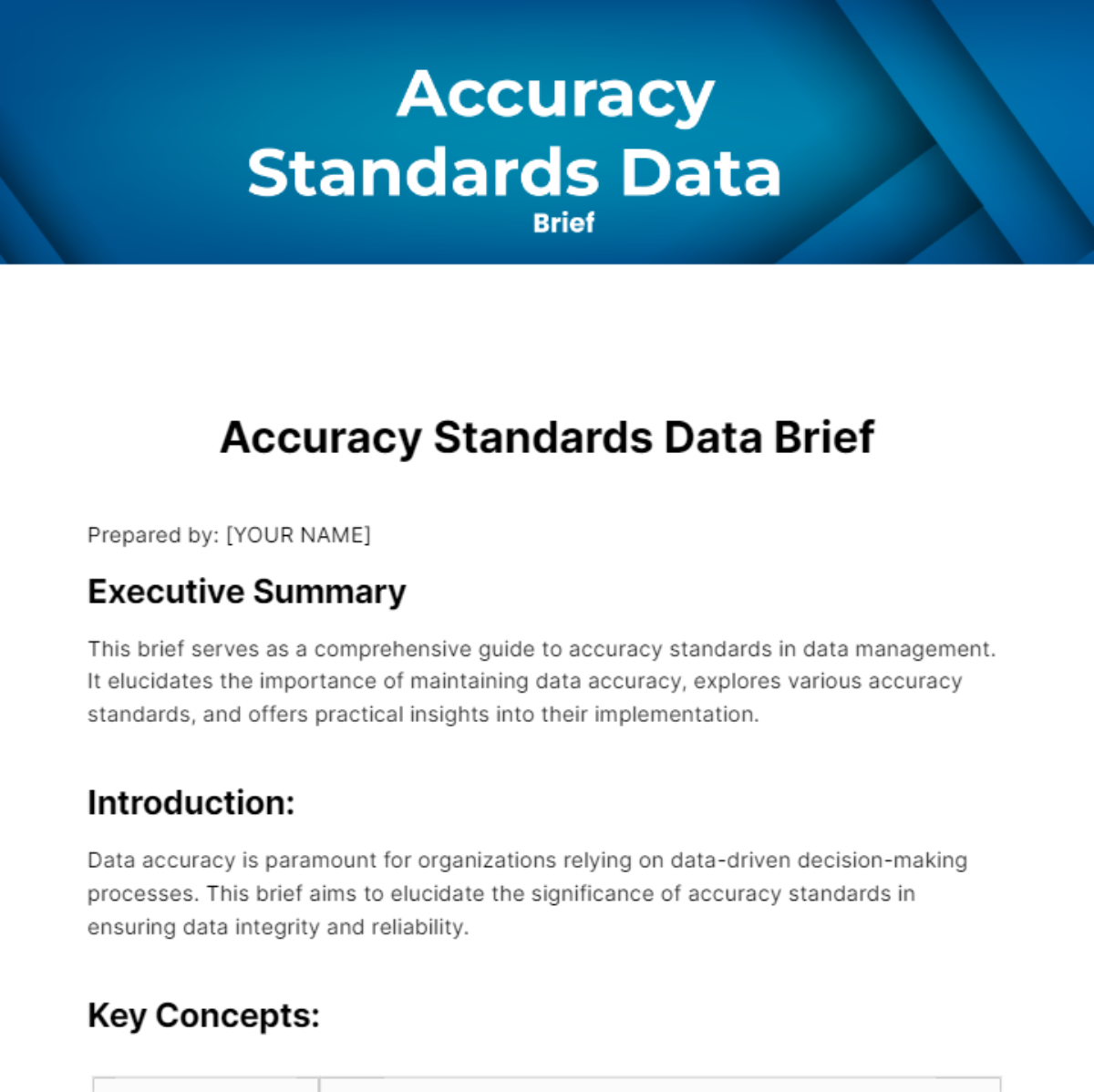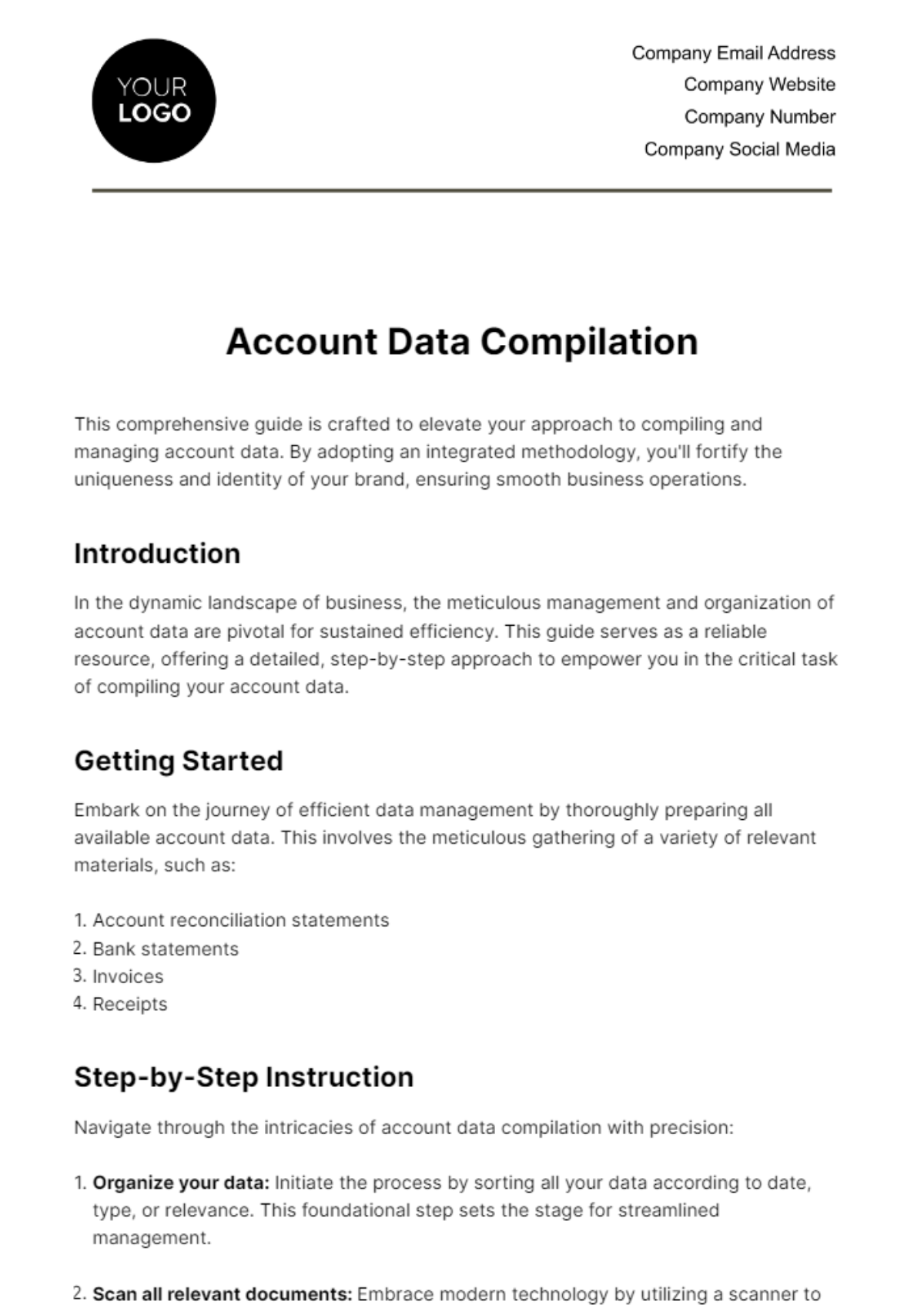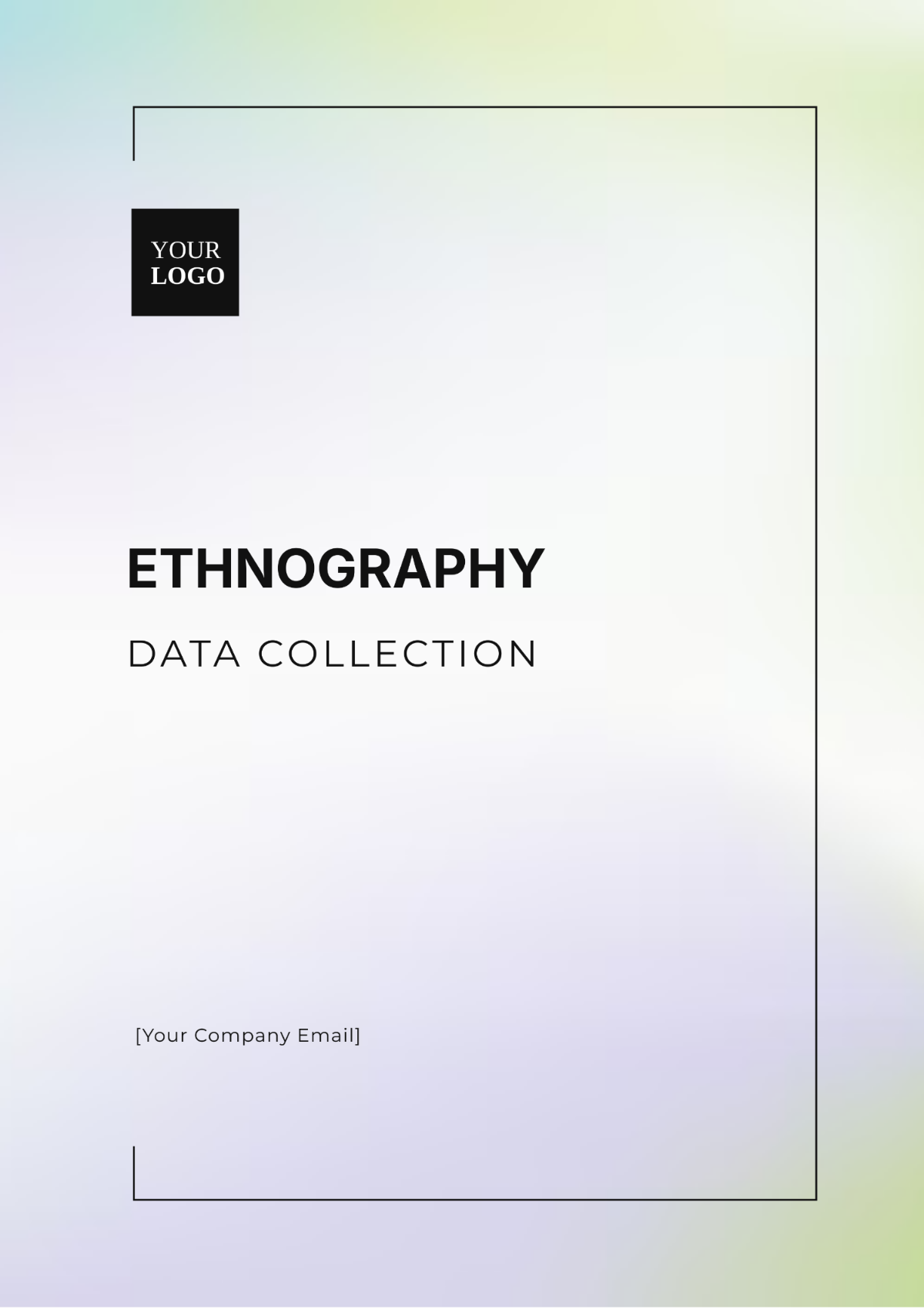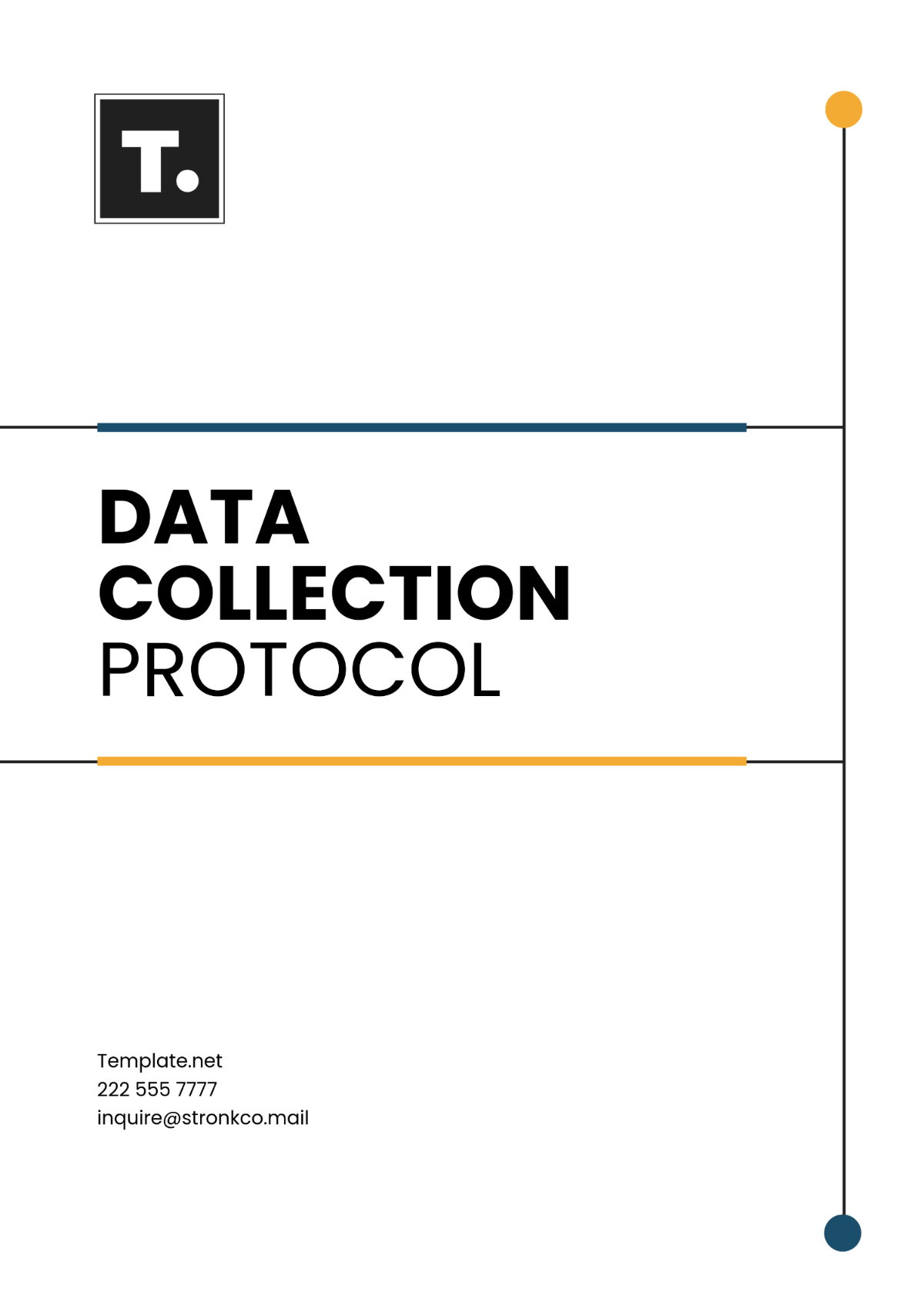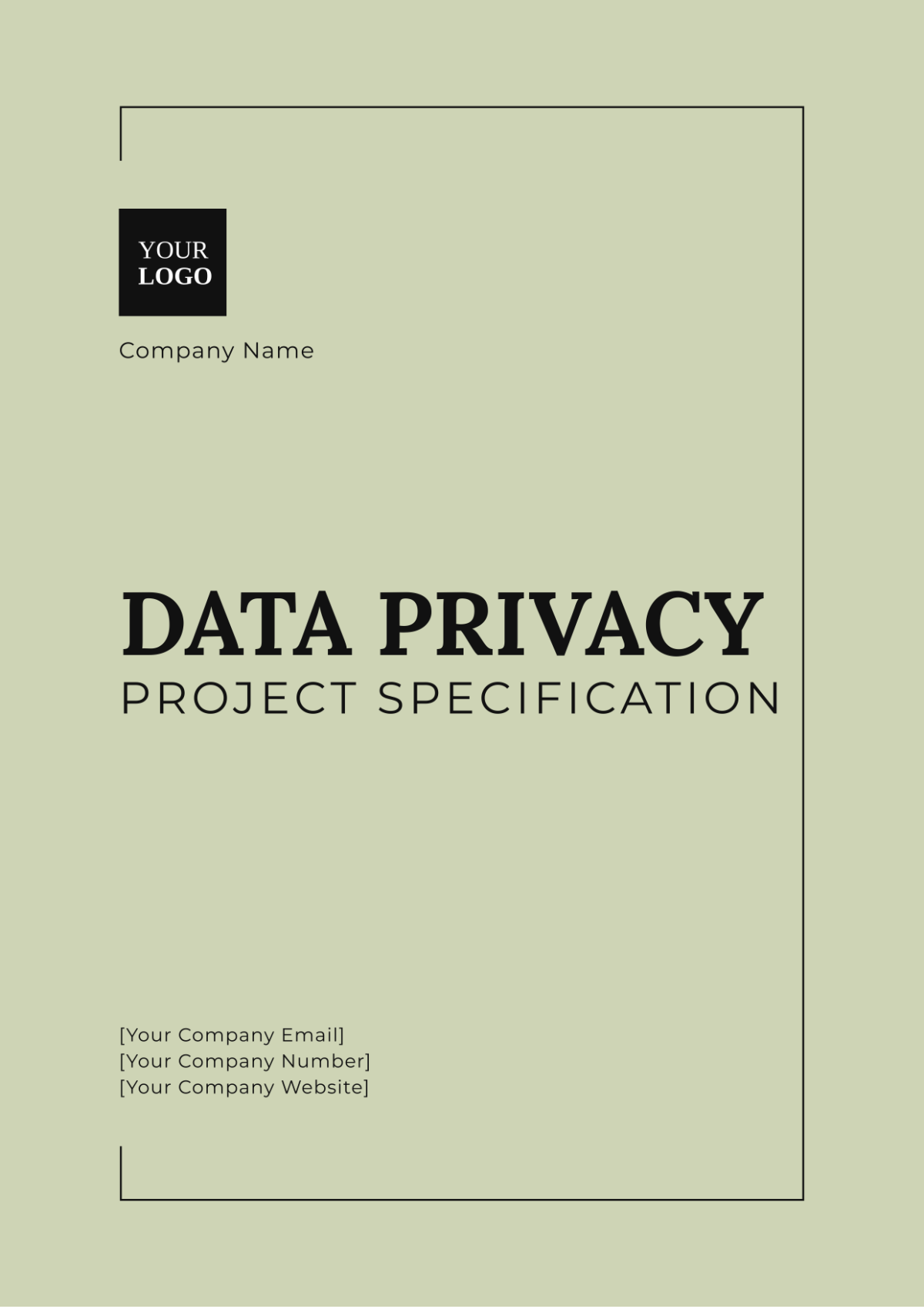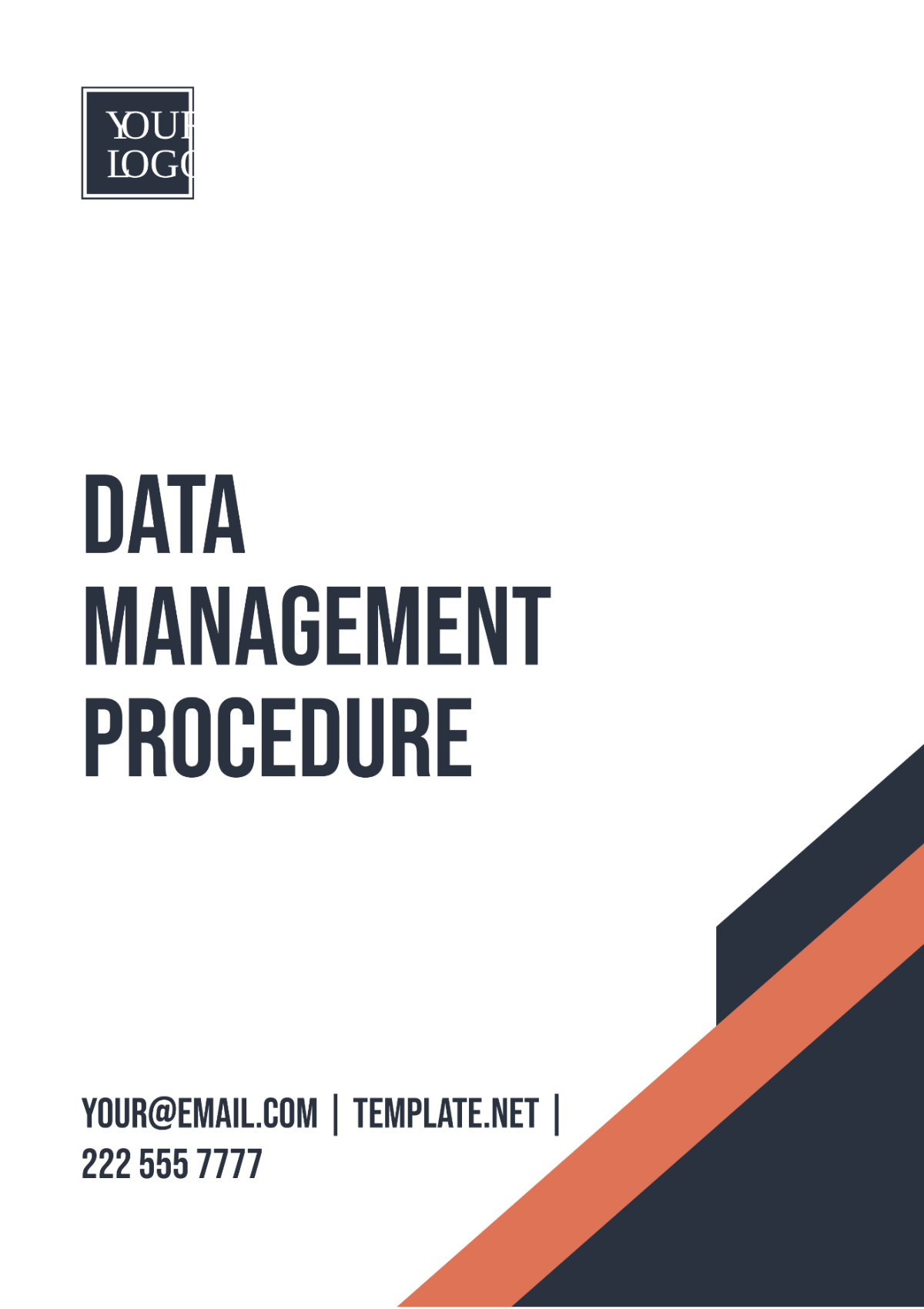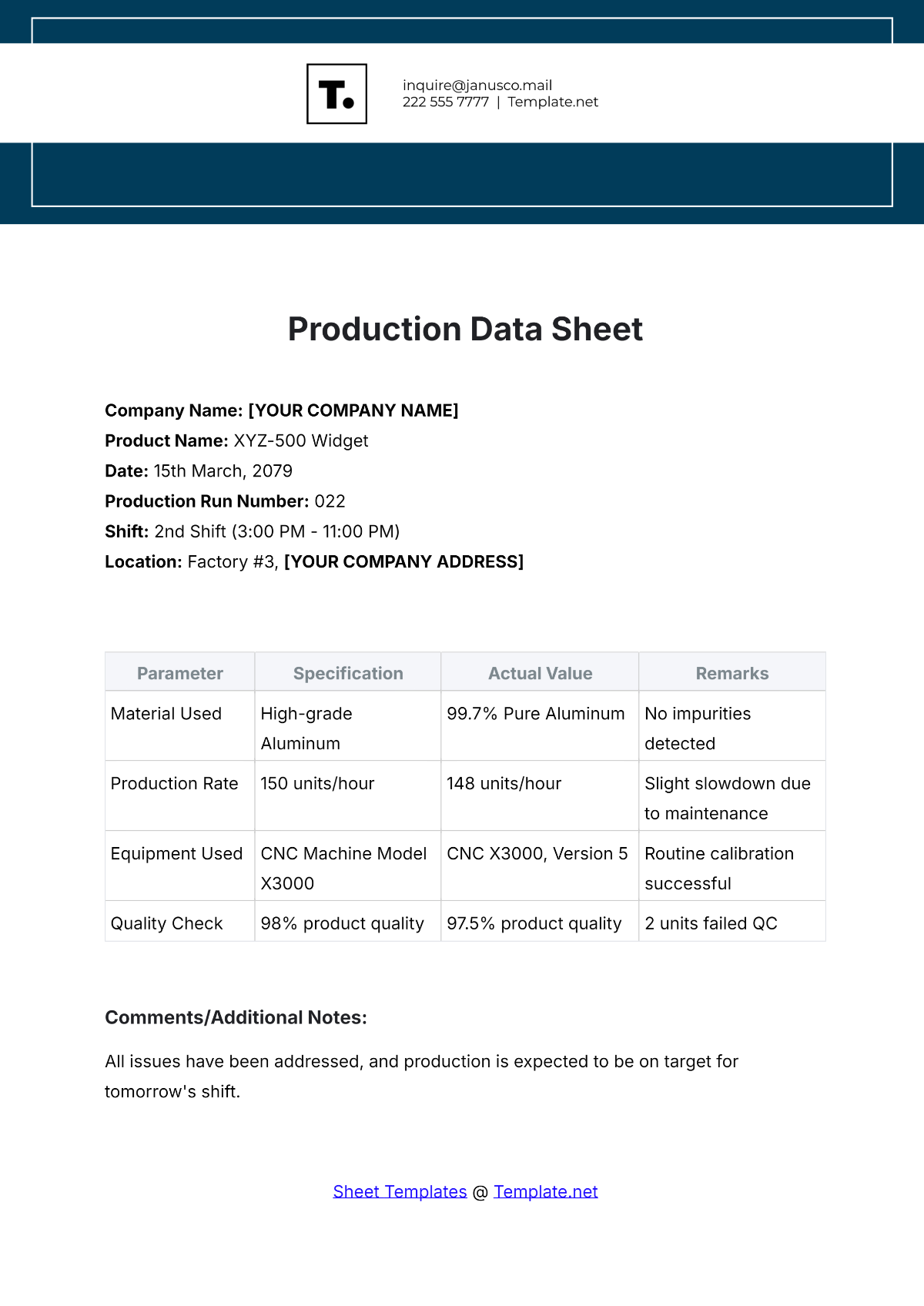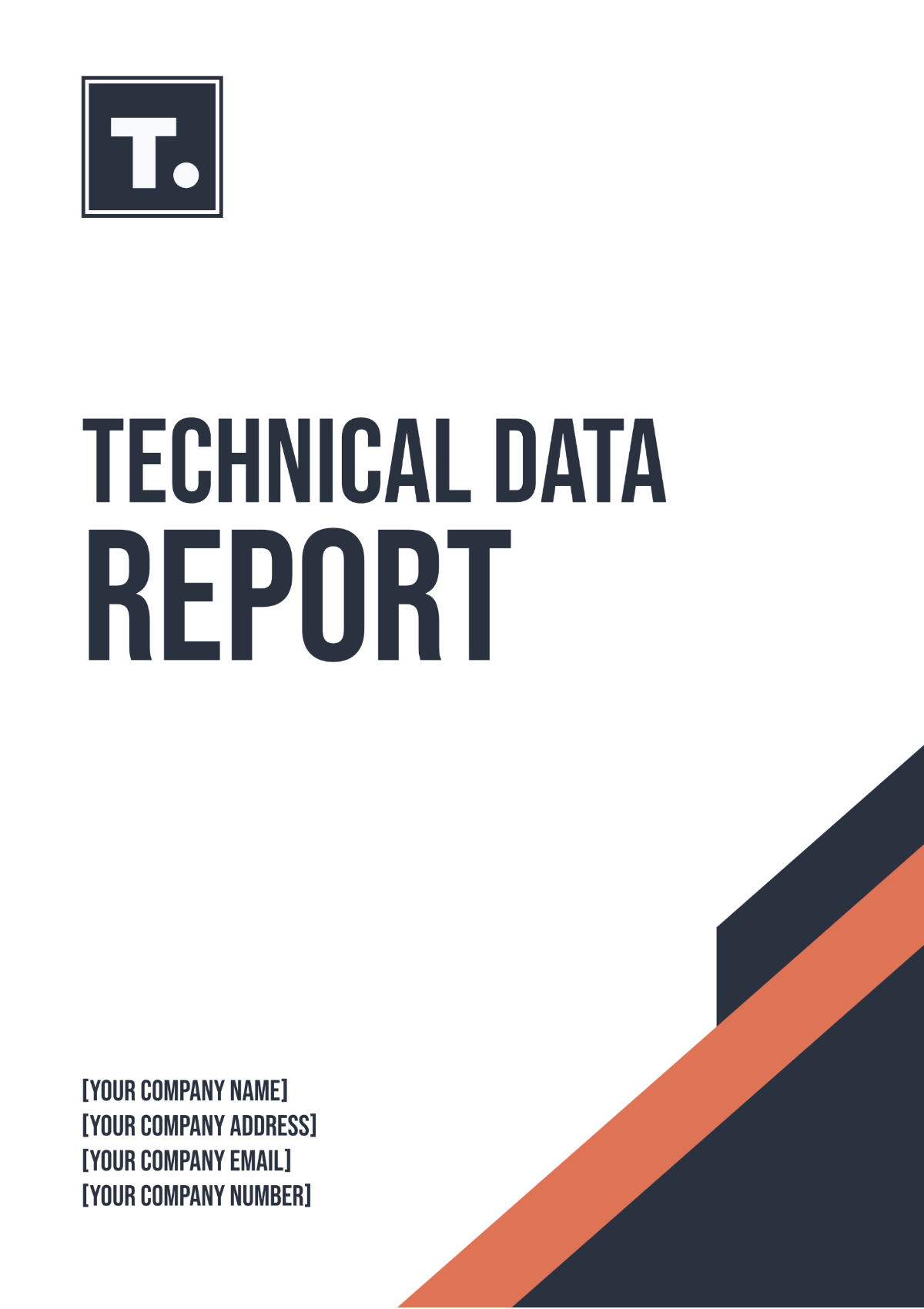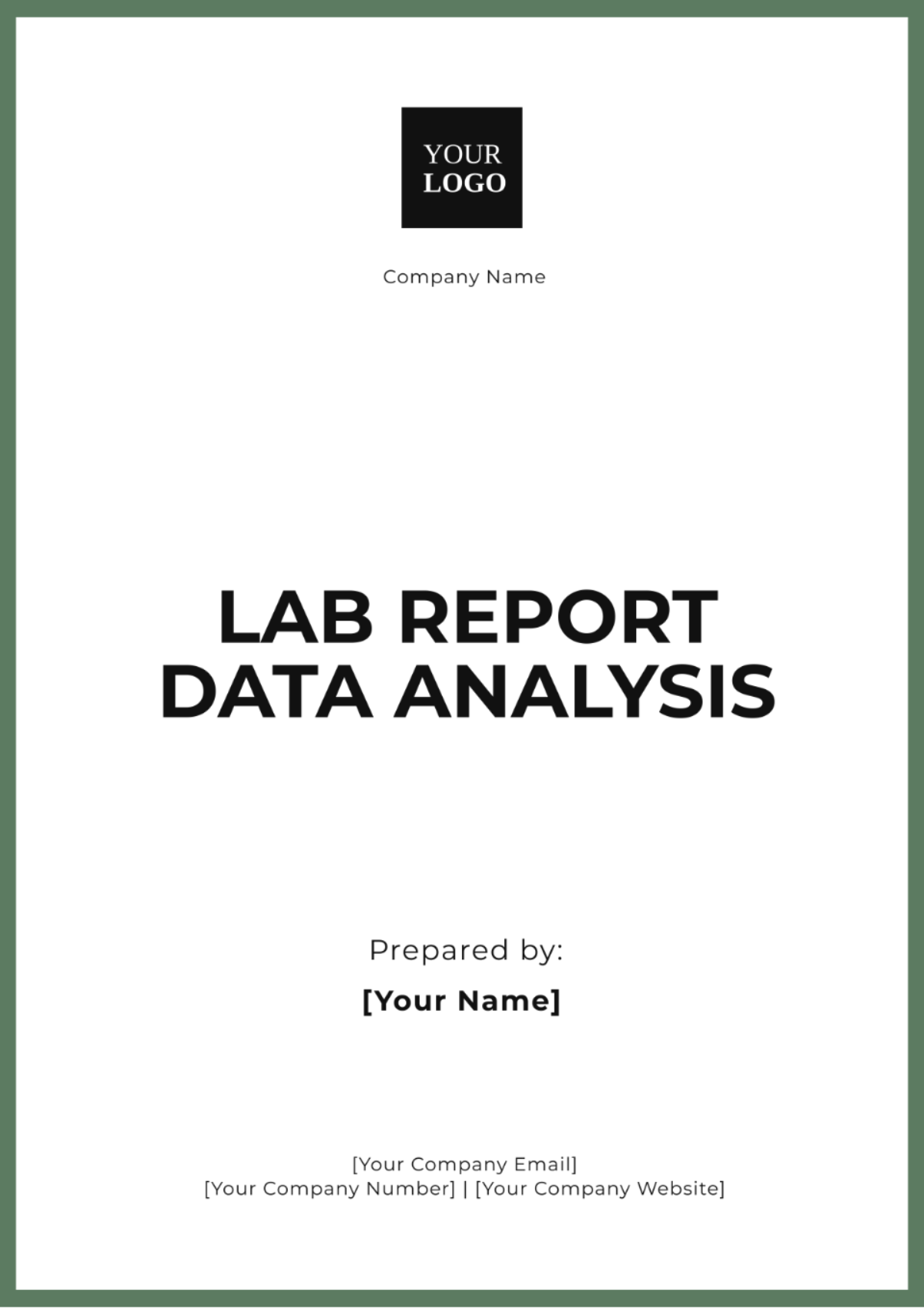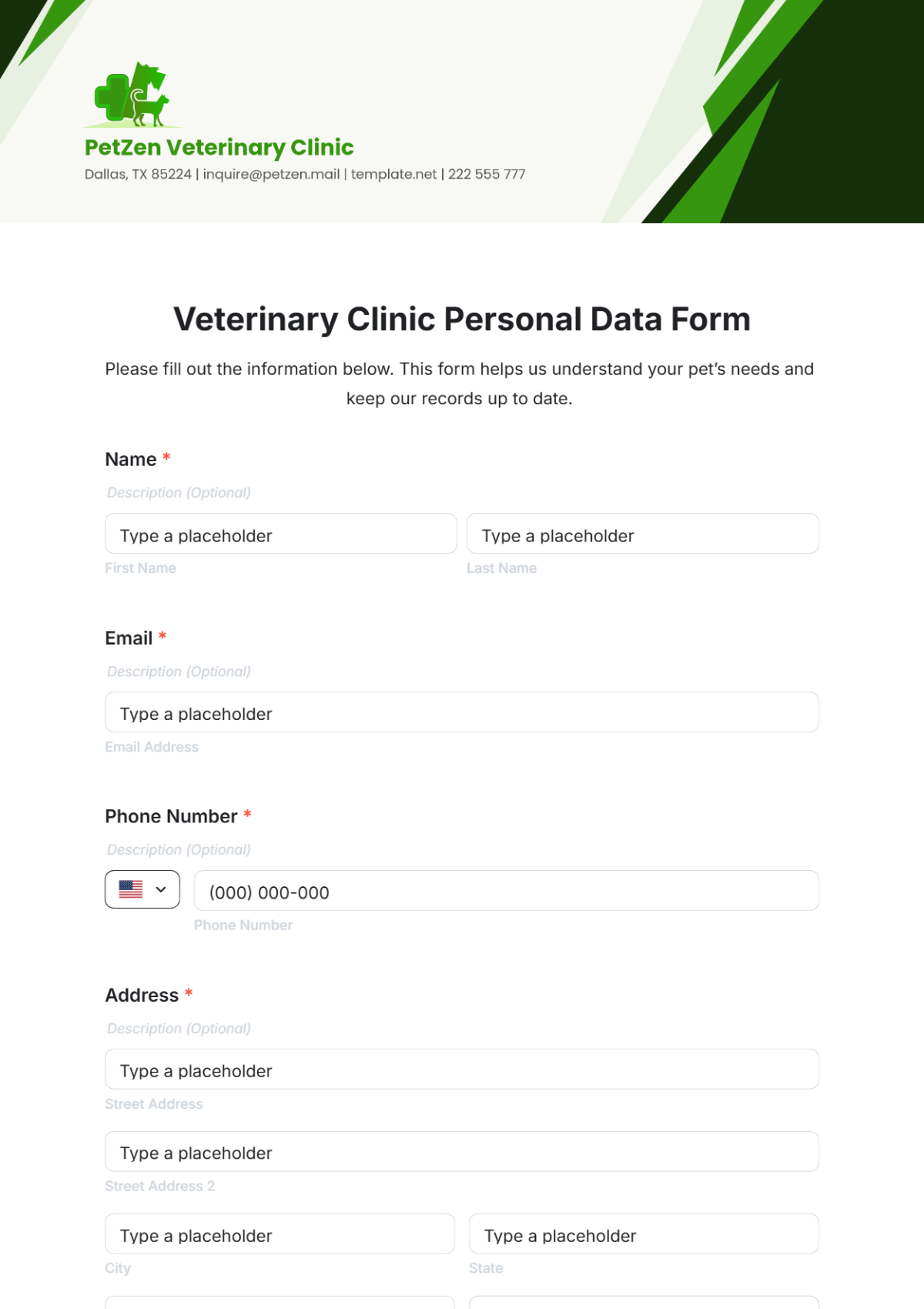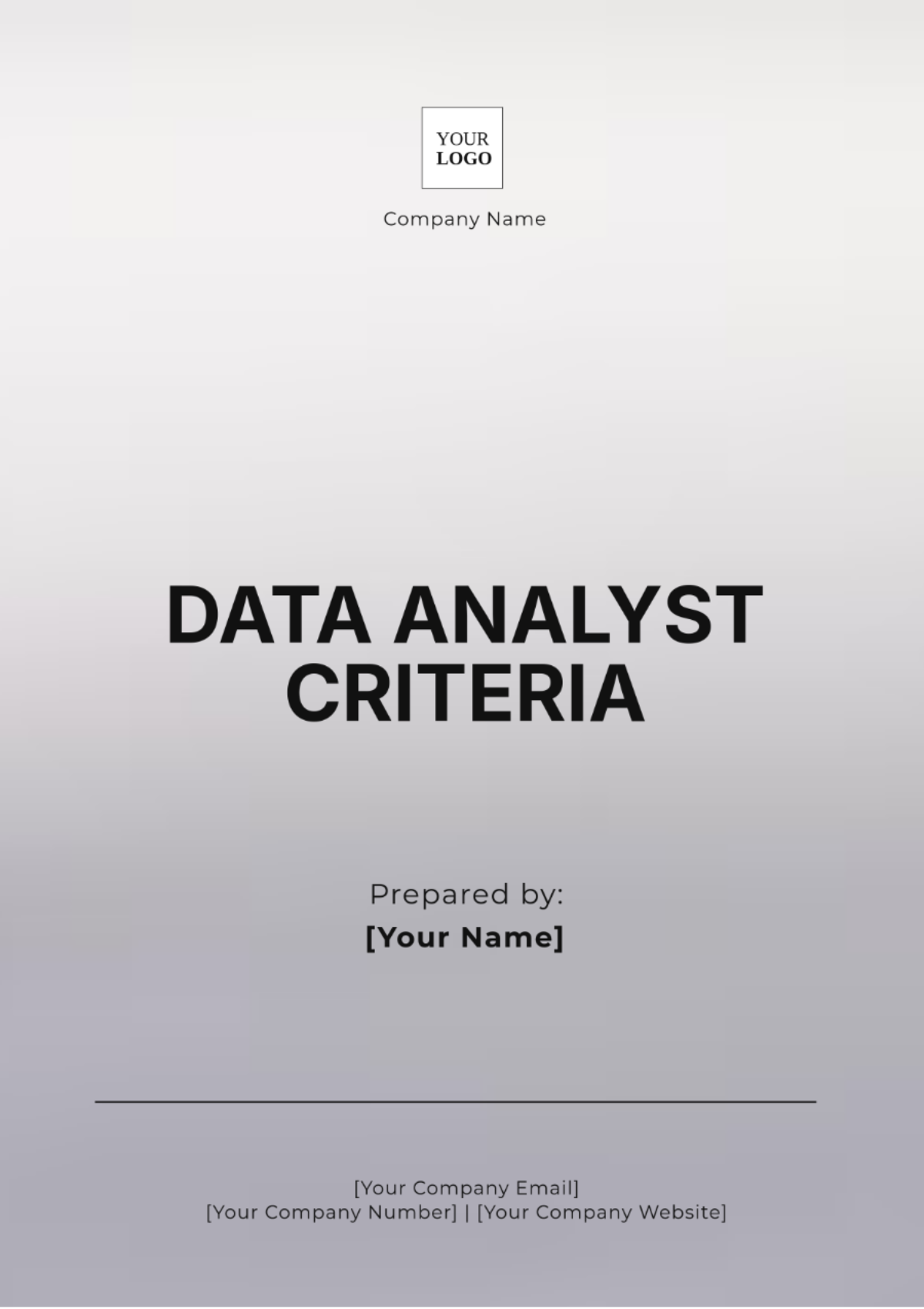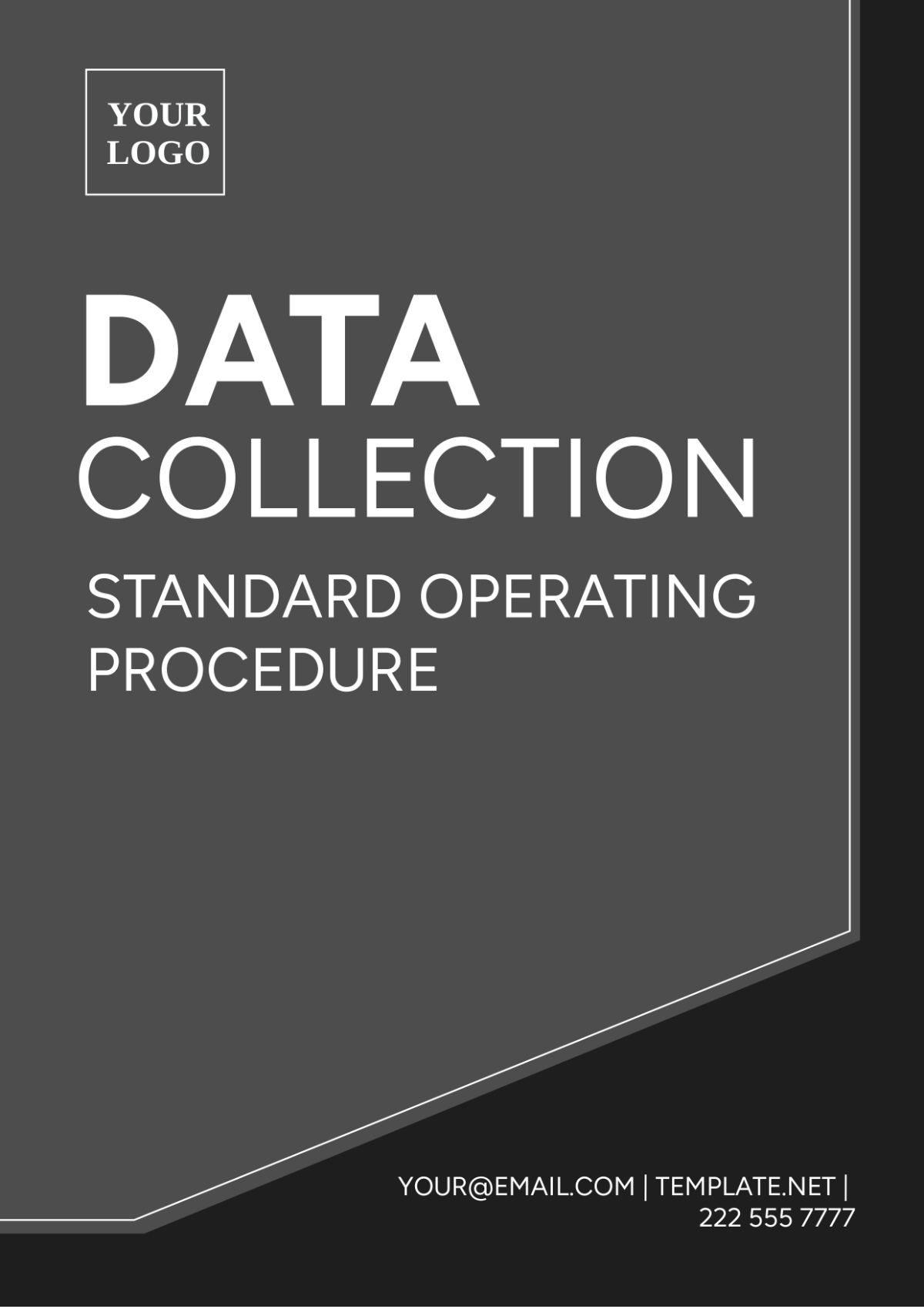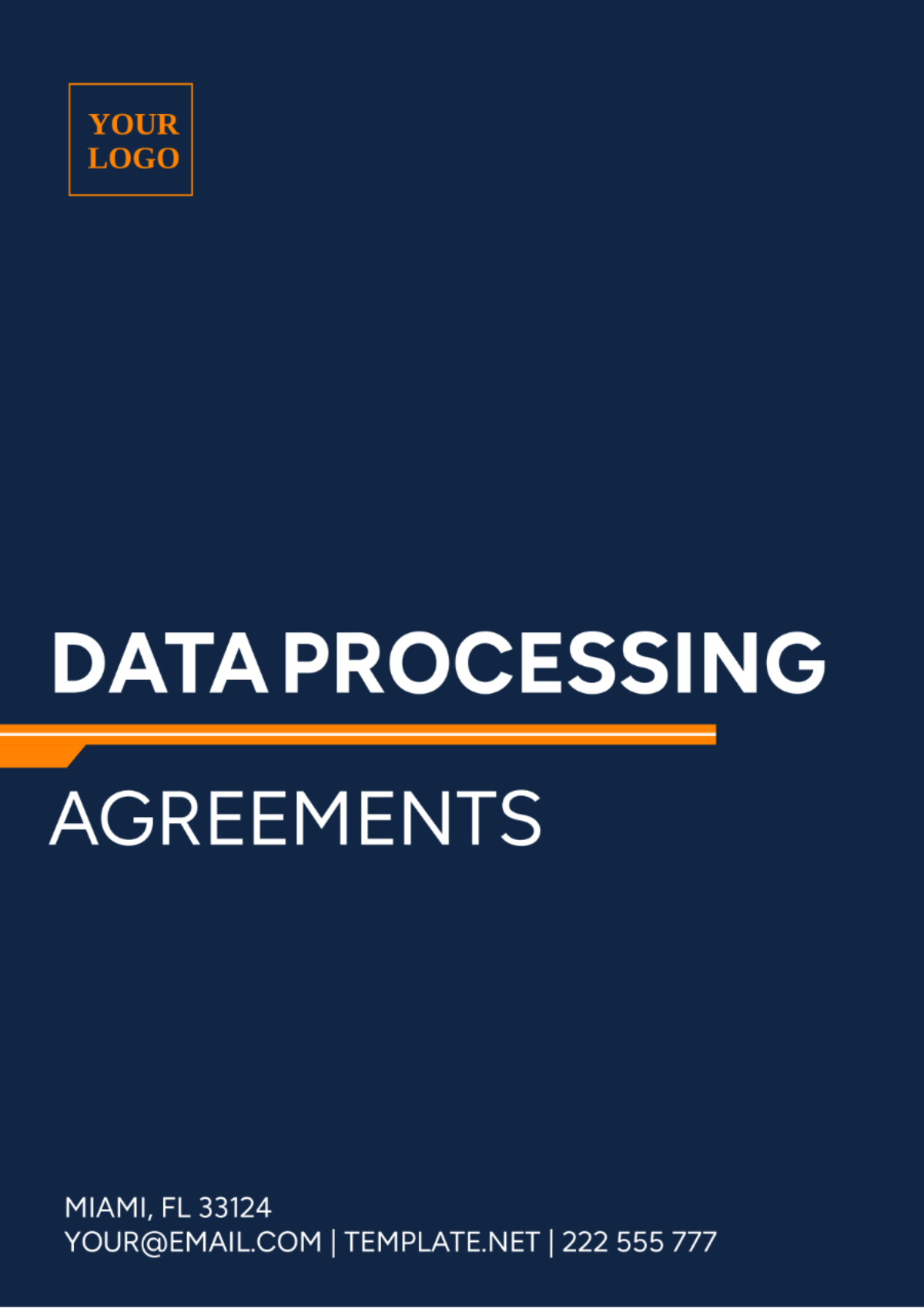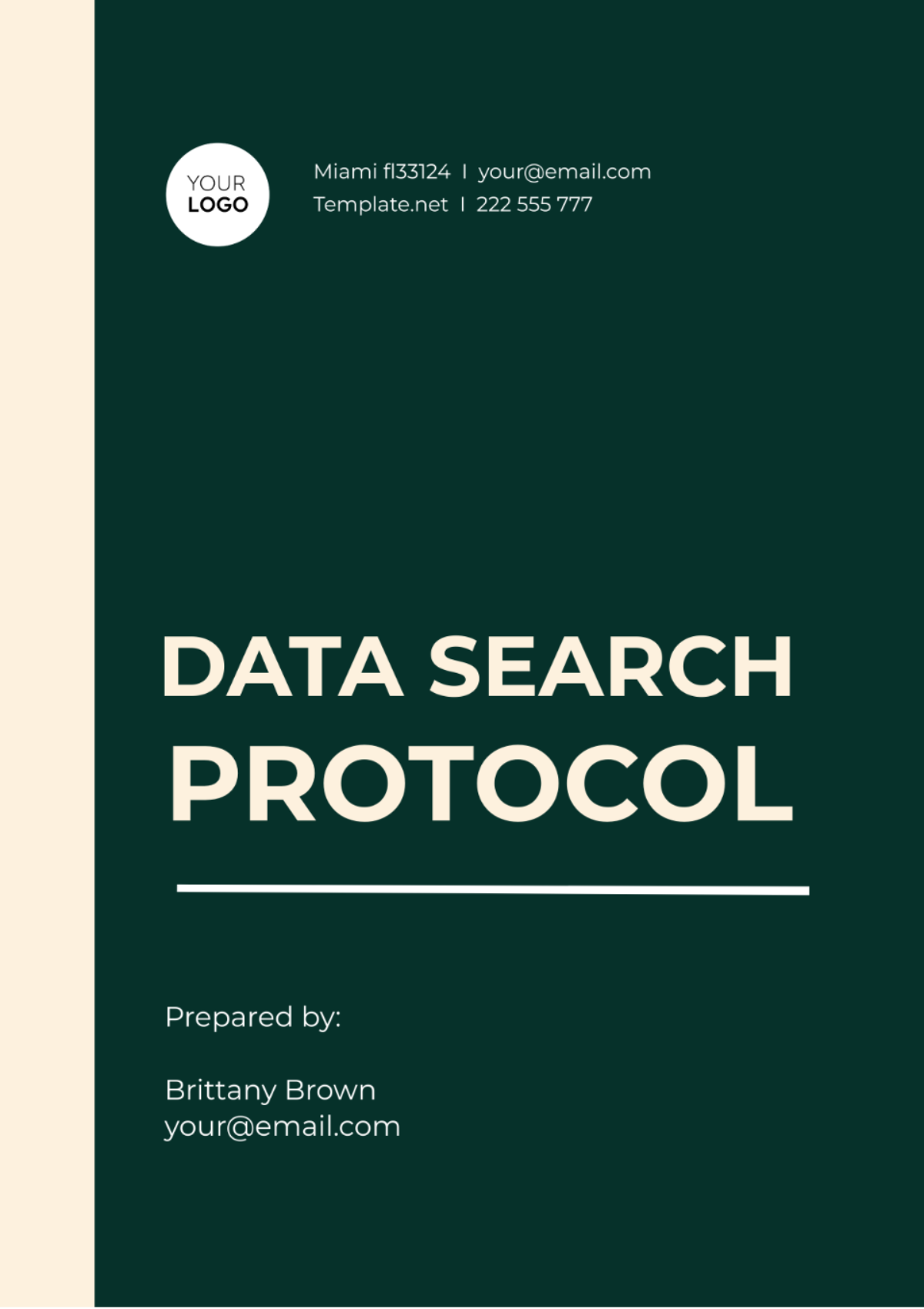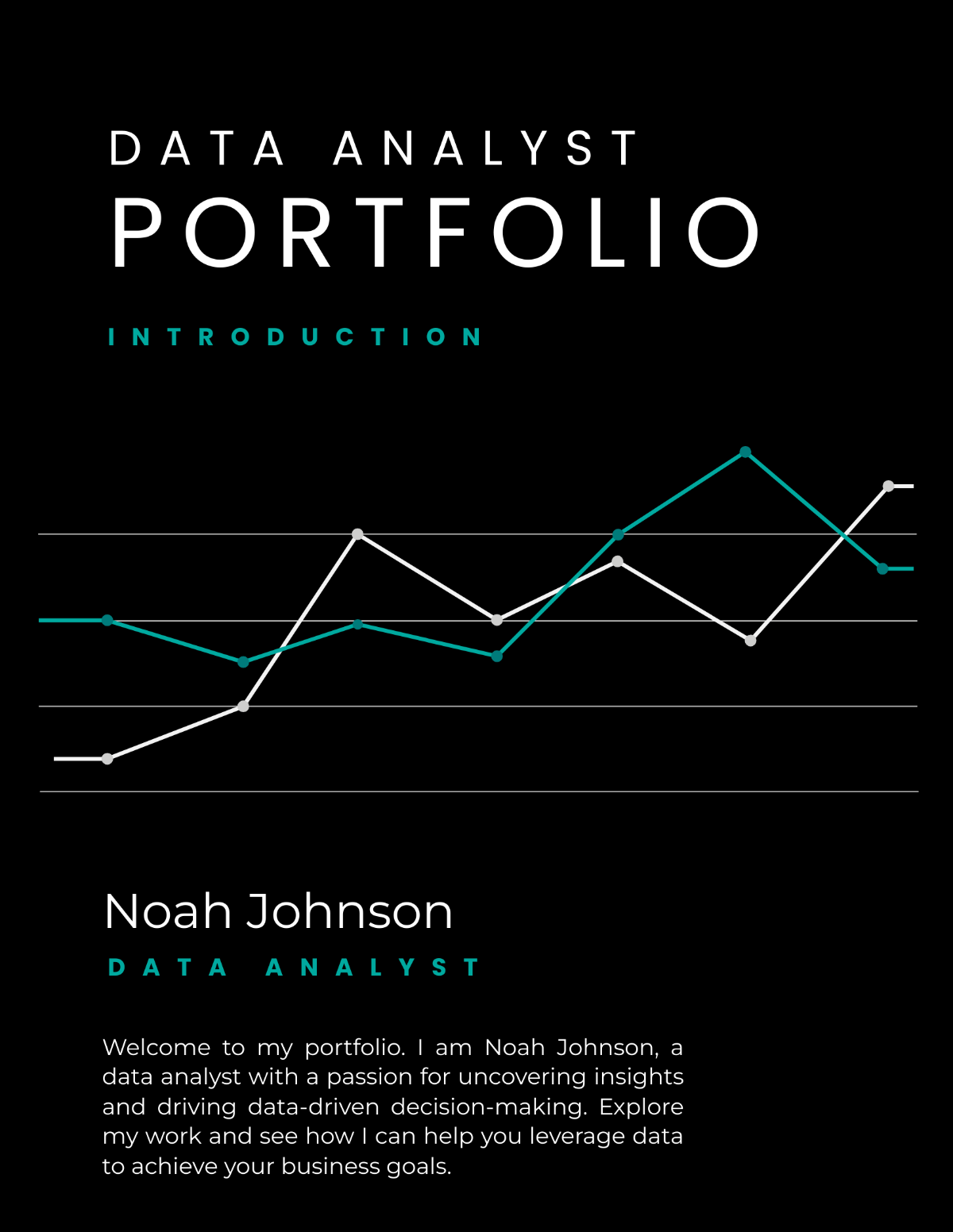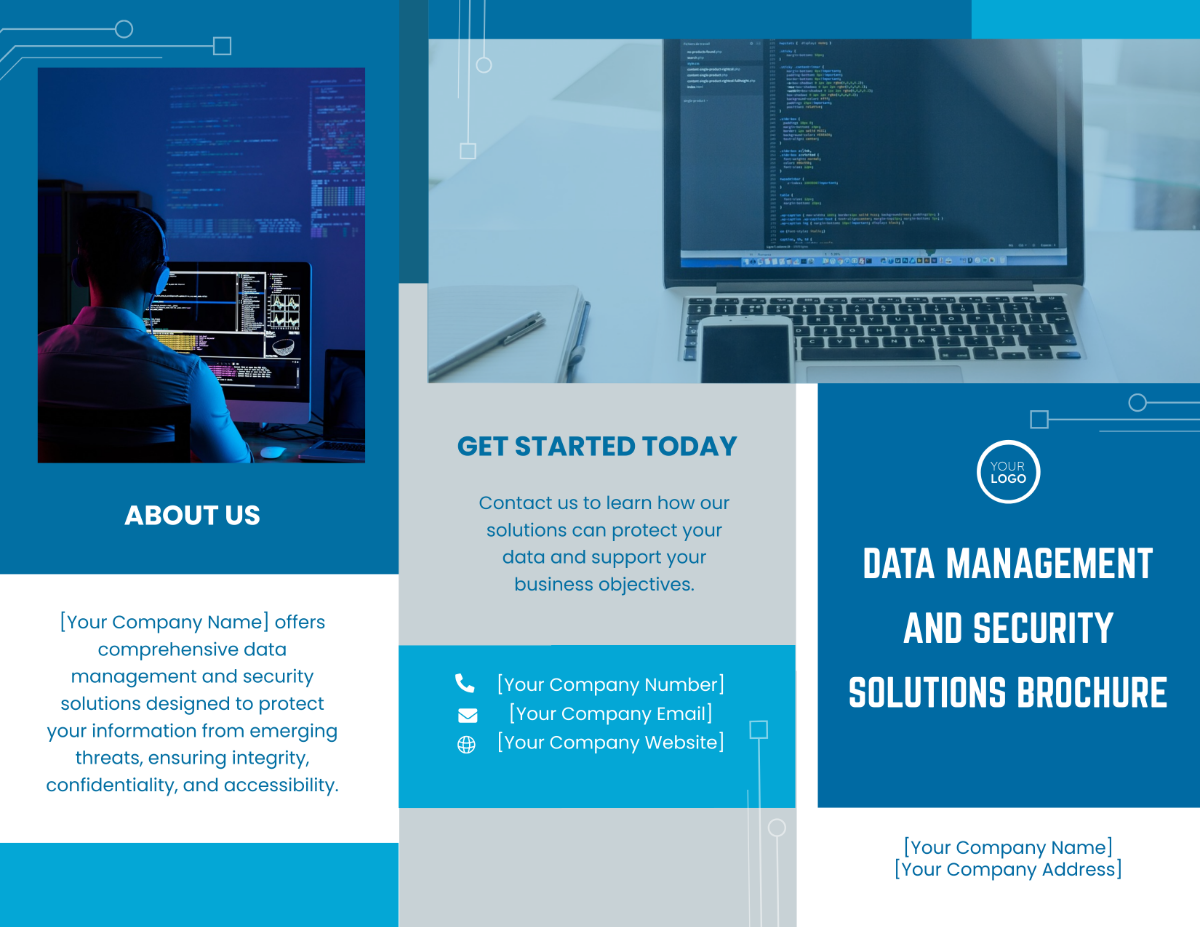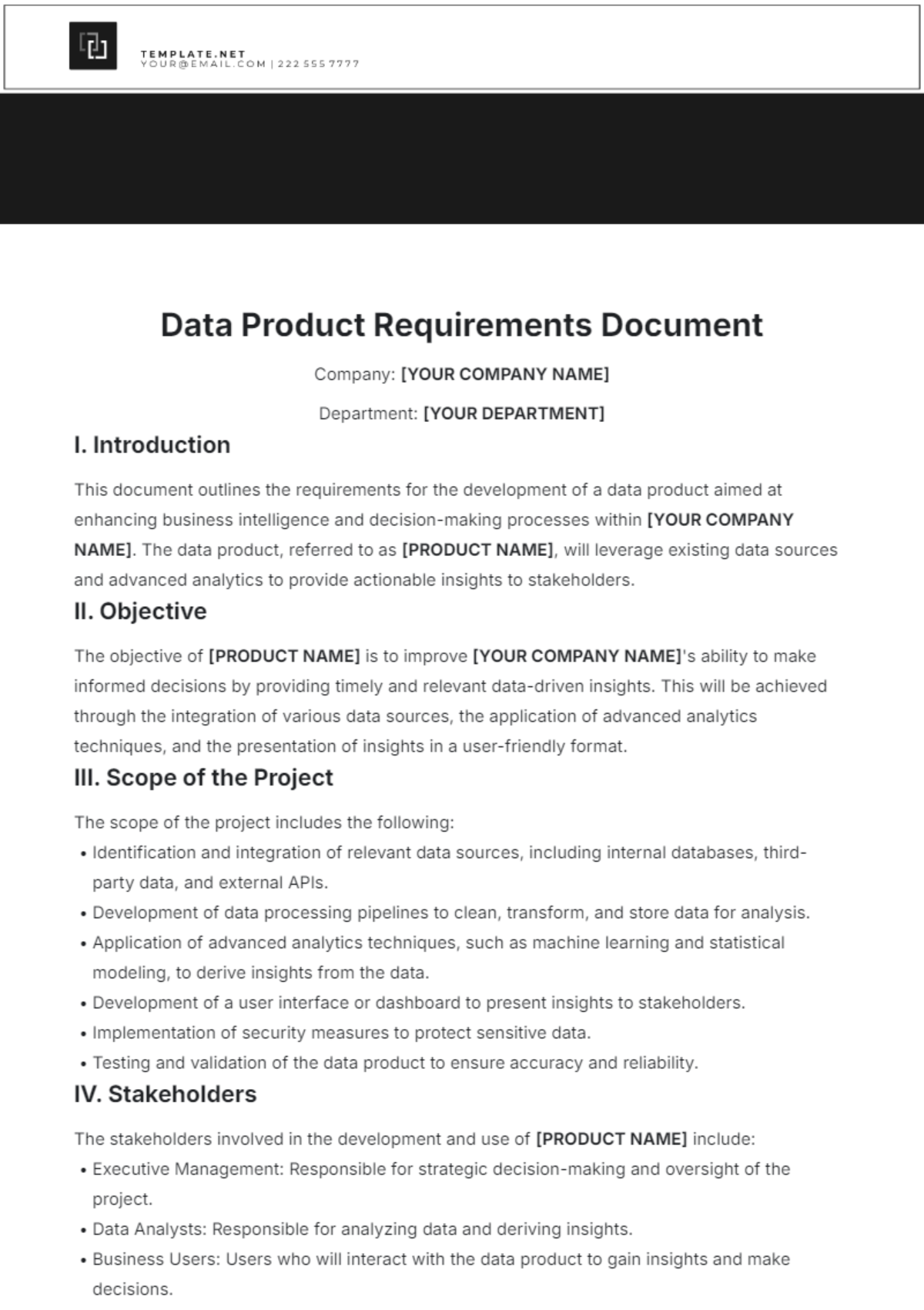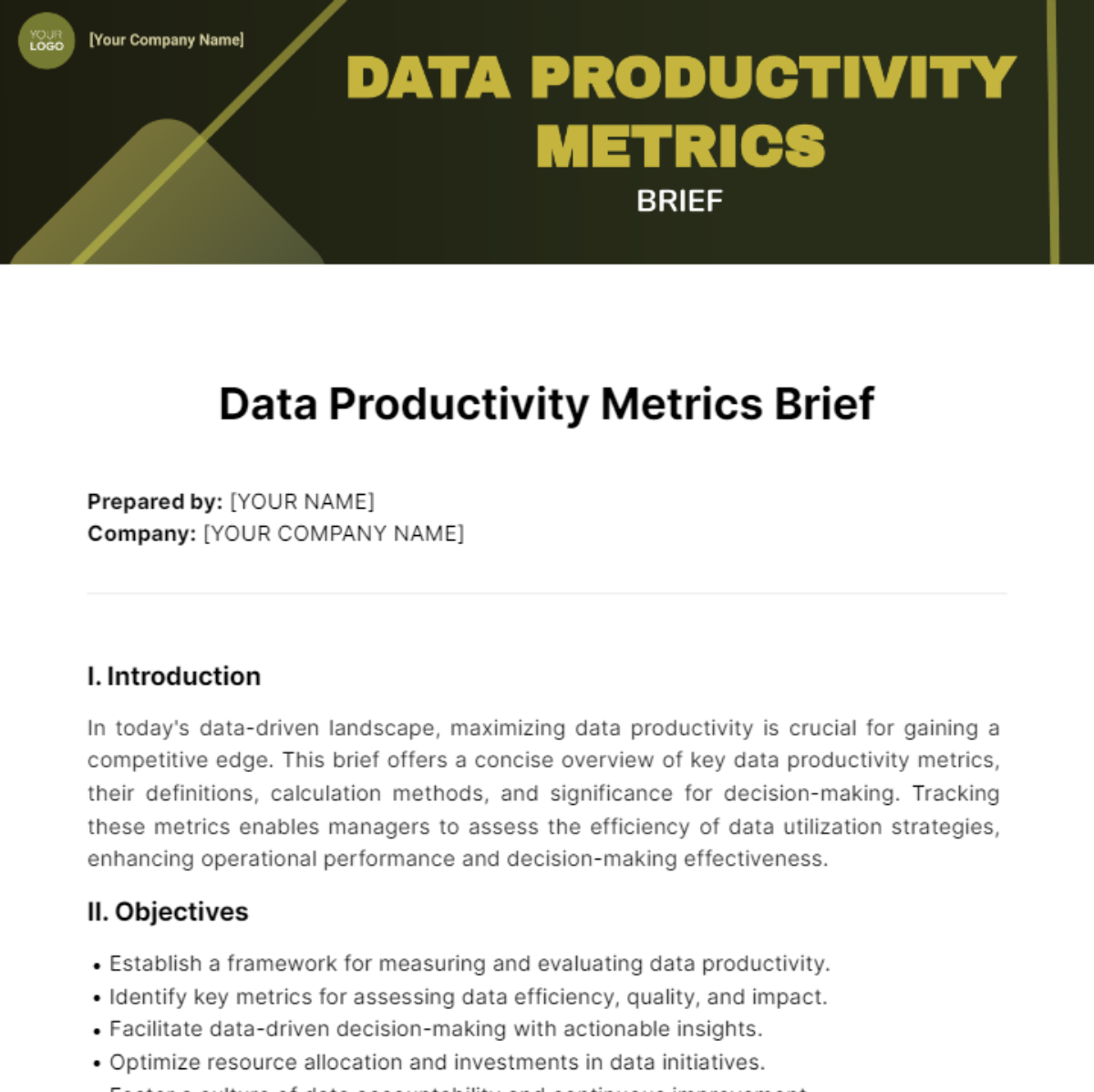Data Collection Protocol
Prepared by: [Your Name]
1. Introduction
This protocol outlines the procedures for collecting data in the research study titled "Impact of Digital Marketing Strategies on Consumer Behavior." The purpose of this study is to gather data on the effectiveness of various digital marketing strategies and their influence on consumer purchasing decisions.
2. Research Objectives
To determine the most effective digital marketing strategies.
To analyze consumer behavior in response to different digital marketing techniques.
To assess the impact of social media advertising on purchasing decisions.
3. Data Collection Methods
3.1 Survey
Target Population: Consumers aged 18-45 who have made online purchases in the last 6 months.
Sample Size: 500 respondents.
Sampling Technique: Stratified random sampling.
Data Collection Tool: Structured online questionnaire using Google Forms.
Data Points: Demographic information, purchasing behavior, social media usage, responses to marketing campaigns.
3.2 Interviews
Target Population: Marketing professionals from various industries.
Sample Size: 20 participants.
Sampling Technique: Purposive sampling.
Data Collection Tool: Semi-structured interview guide.
Data Points: Insights into digital marketing strategies, perceived effectiveness, challenges, and consumer feedback.
3.3 Focus Groups
Target Population: Groups of 6-8 consumers with similar purchasing behavior.
Sample Size: 3 focus groups.
Sampling Technique: Convenience sampling.
Data Collection Tool: Moderator-led discussion with a focus group guide.
Data Points: In-depth understanding of consumer perceptions and attitudes towards digital marketing.
4. Data Collection Process
4.1 Survey Administration
Platform: Google Forms link will be distributed via email and social media.
Duration: 2 weeks.
Informed Consent: Participants will provide consent before starting the survey.
Data Security: Survey responses will be anonymous, and data will be stored securely.
4.2 Interview Process
Scheduling: Interviews will be scheduled via email and conducted over Zoom.
Duration: Each interview will last approximately 45 minutes.
Recording: Interviews will be audio-recorded with participant consent.
Data Security: Interview transcripts will be anonymized and stored securely.
4.3 Focus Group Sessions
Scheduling: Sessions will be scheduled based on participant availability.
Duration: Each session will last approximately 90 minutes.
Recording: Sessions will be audio-recorded with participant consent.
Data Security: Focus group discussions will be anonymized and stored securely.
5. Ethical Considerations
Informed Consent: All participants will receive an informed consent form outlining the study's purpose, procedures, risks, and benefits.
Confidentiality: Participant data will be kept confidential, and any identifying information will be removed from the dataset.
Voluntary Participation: Participants can withdraw from the study at any time without penalty.
6. Data Management
Data Storage: All data will be stored in a password-protected database on a secure server.
Data Backup: Regular backups will be performed to prevent data loss.
Data Access: Only authorized research team members will have access to the data.
7. Data Analysis
Quantitative Data: Survey data will be analyzed using statistical software (e.g., SPSS) to identify trends and correlations.
Qualitative Data: Interview and focus group transcripts will be analyzed using thematic analysis to identify key themes and patterns.
8. Reporting and Dissemination
Preliminary Findings: Preliminary results will be shared with the research team and stakeholders.
Final Report: A comprehensive report will be prepared and shared with participants, stakeholders, and published in relevant journals.
Presentations: Results will be presented at industry conferences and academic seminars.
9. Timeline
Task | Start Date | End Date |
|---|---|---|
Survey Design | January 10, 2050 | July 10, 2050 |
Survey Administration | August 10, 2050 | October 22, 2050 |
Interviews | October 15, 2050 | October 30, 2050 |
Focus Group Sessions | November 1, 2050 | November 15, 2050 |
Data Analysis | November 16, 2050 | November 30, 2050 |
Report Writing | December 1, 2050 | December 31, 2050 |
Final Presentation | January 10, 2051 | January 20, 2051 |
